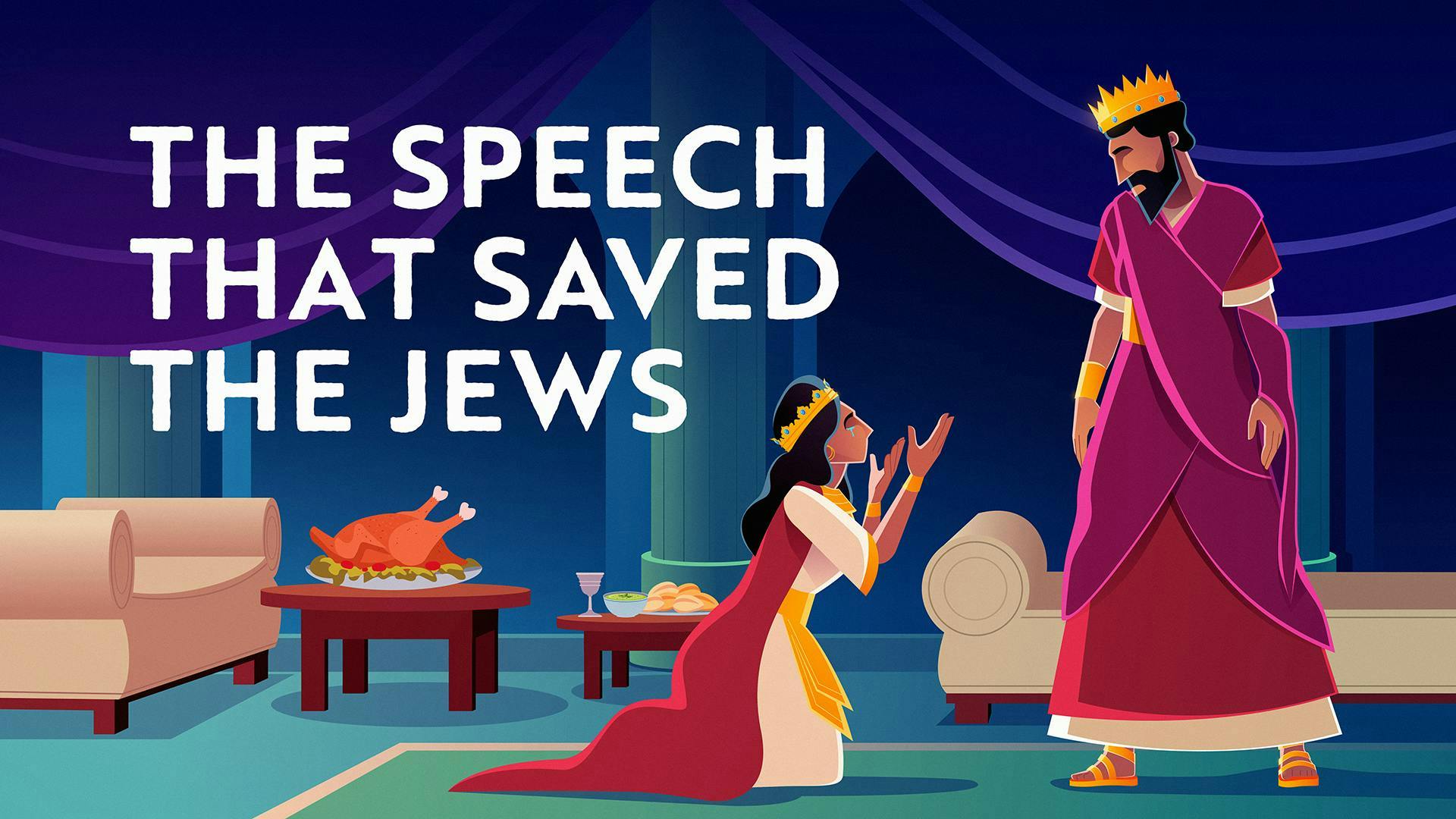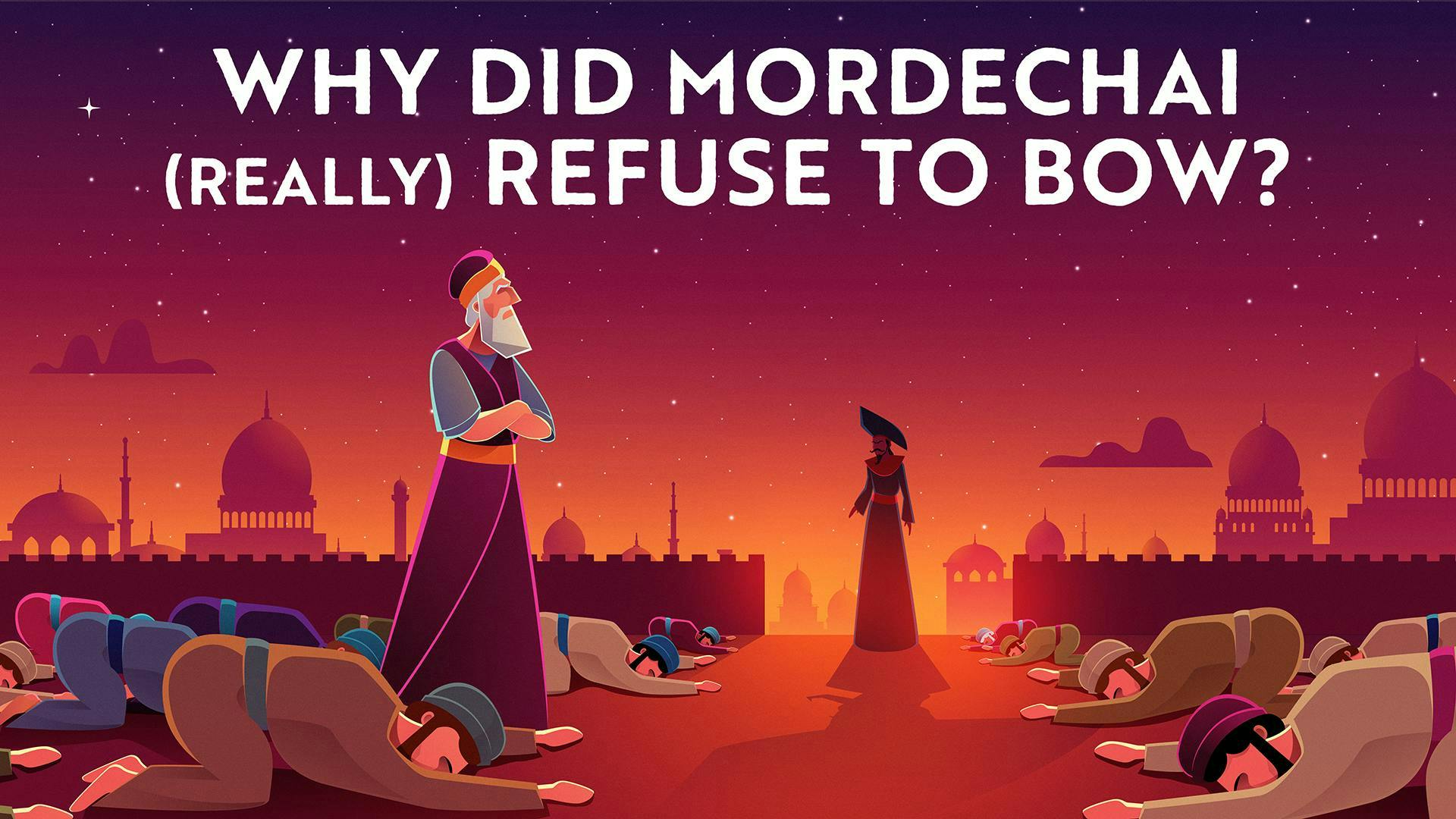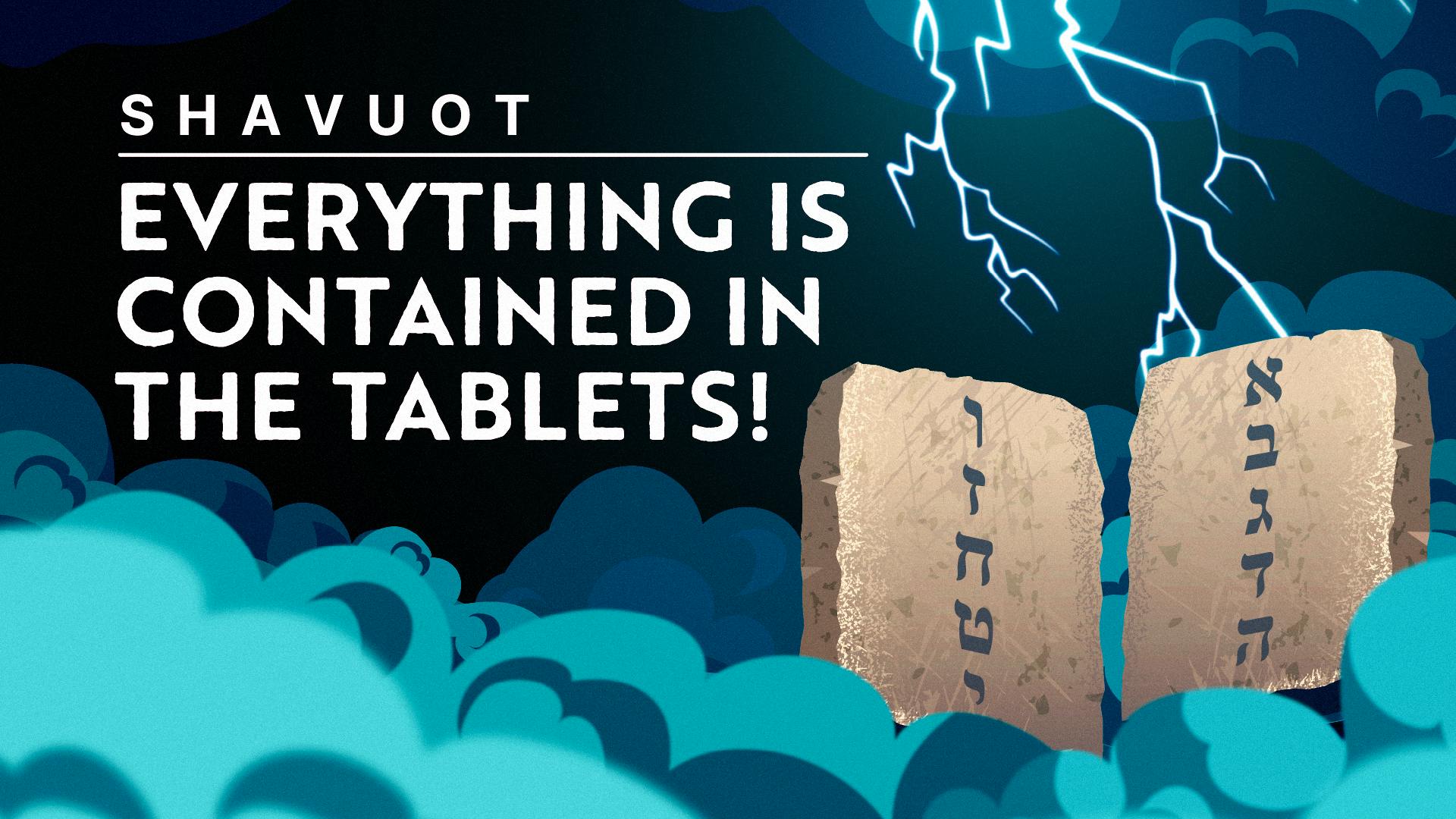Experience The Library
All Categories
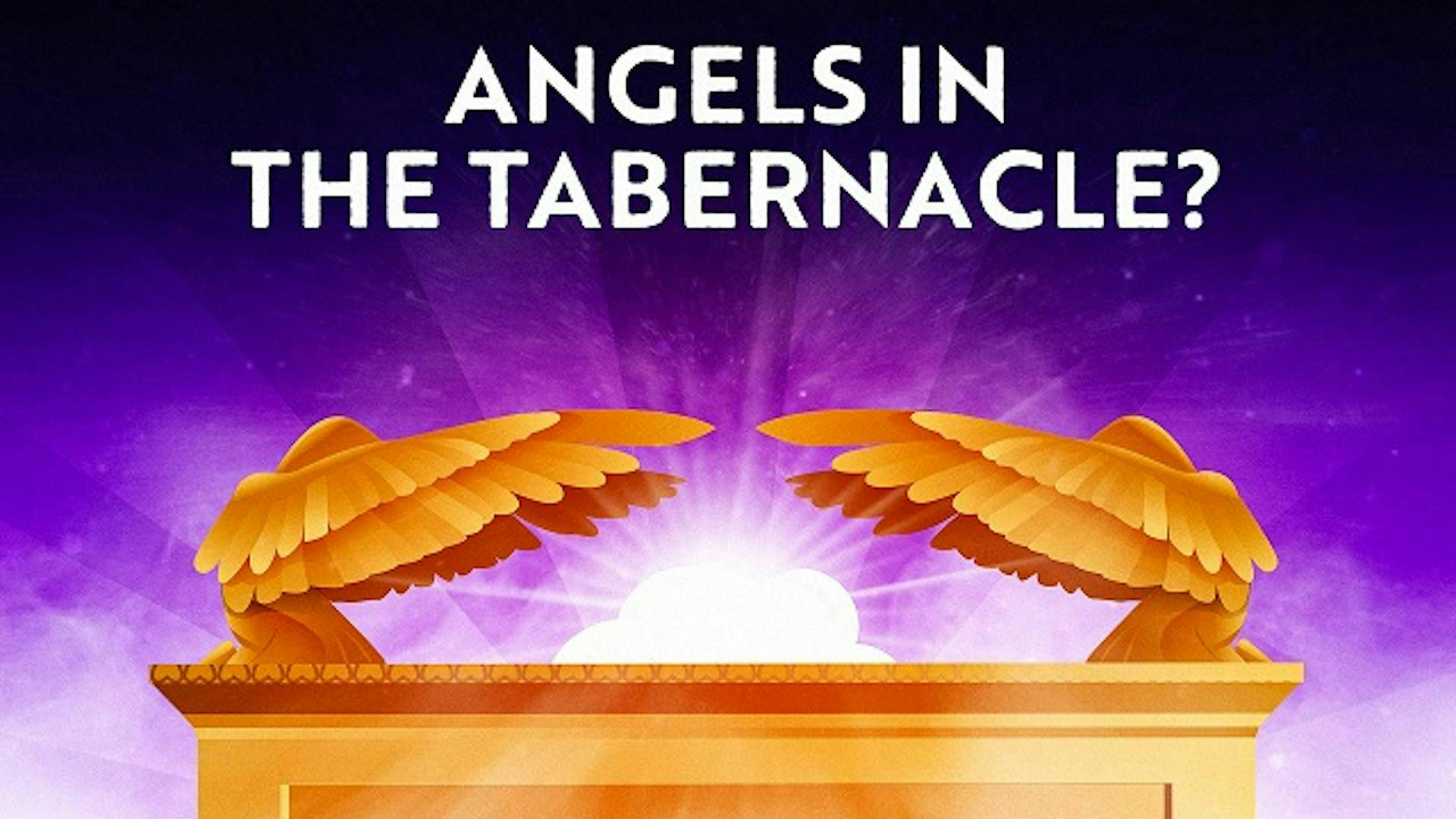
Tetzaveh: Angels in the Tabernacle?
Animated Video Series • Part 1 of 2 • 11 min
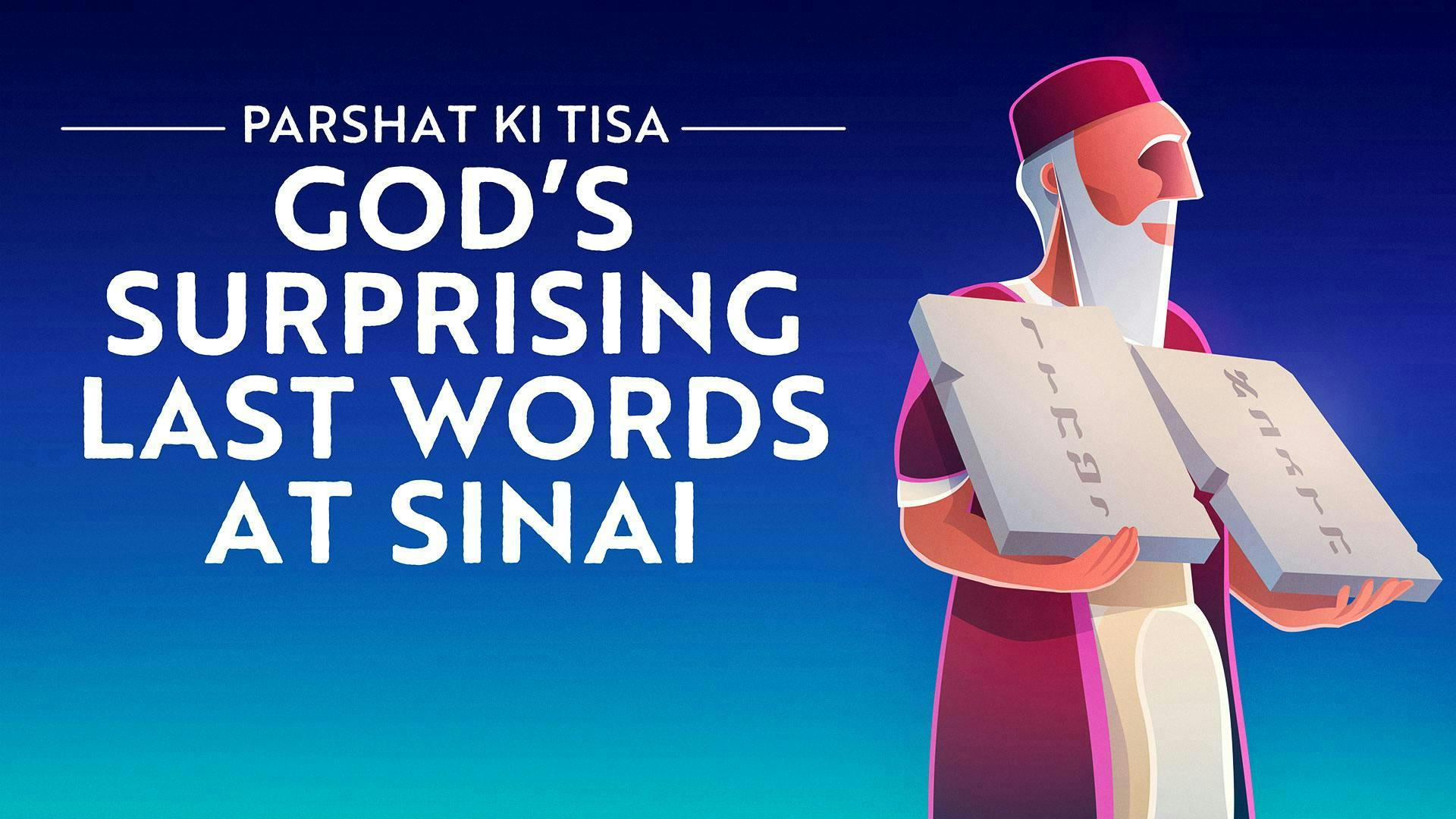
Ki Tisa: God's Surprising Last Words at Sinai
Animated Video • 24 min
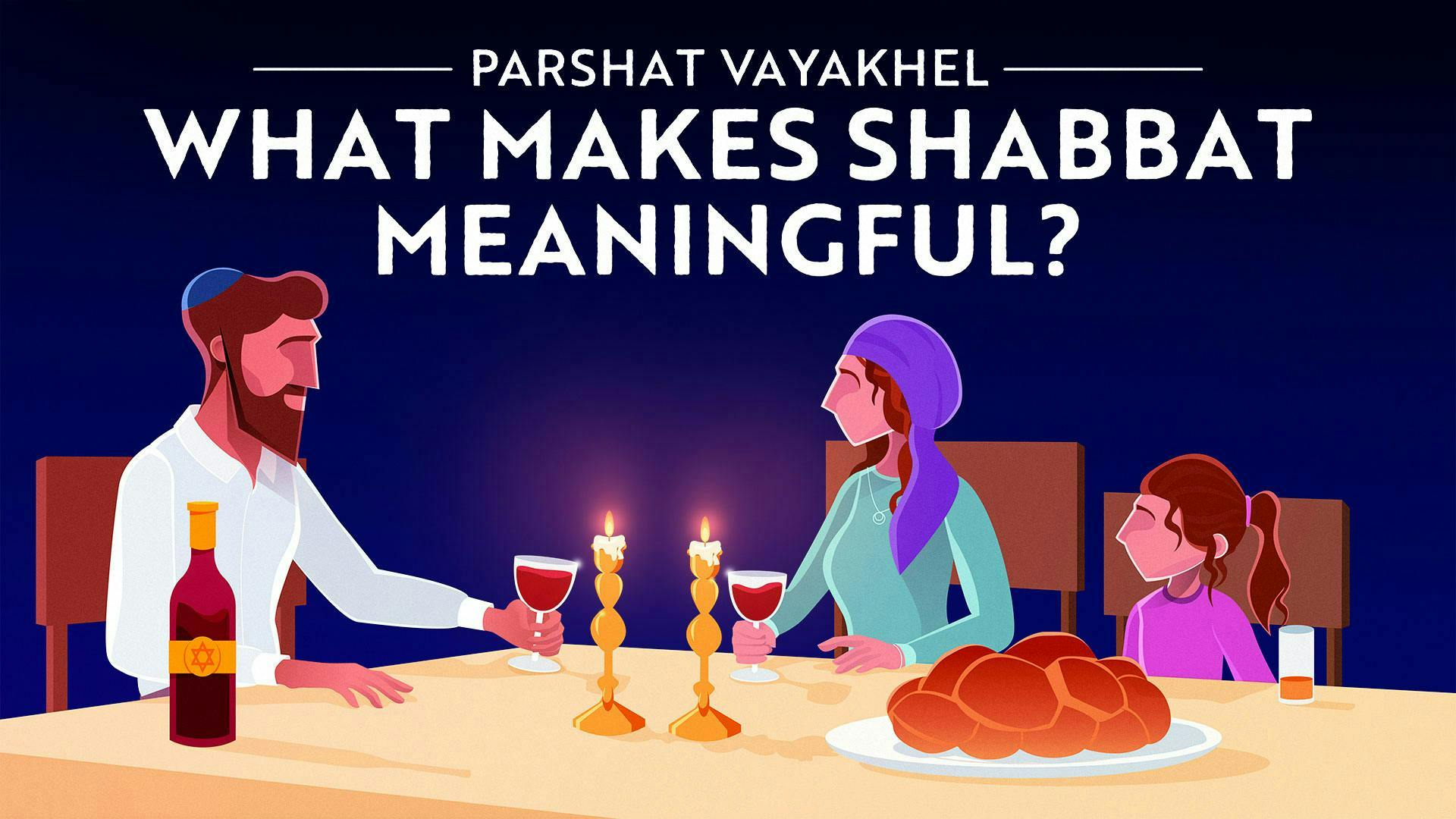
Vayakhel: What Makes Shabbat Meaningful?
Animated Video • 13 min
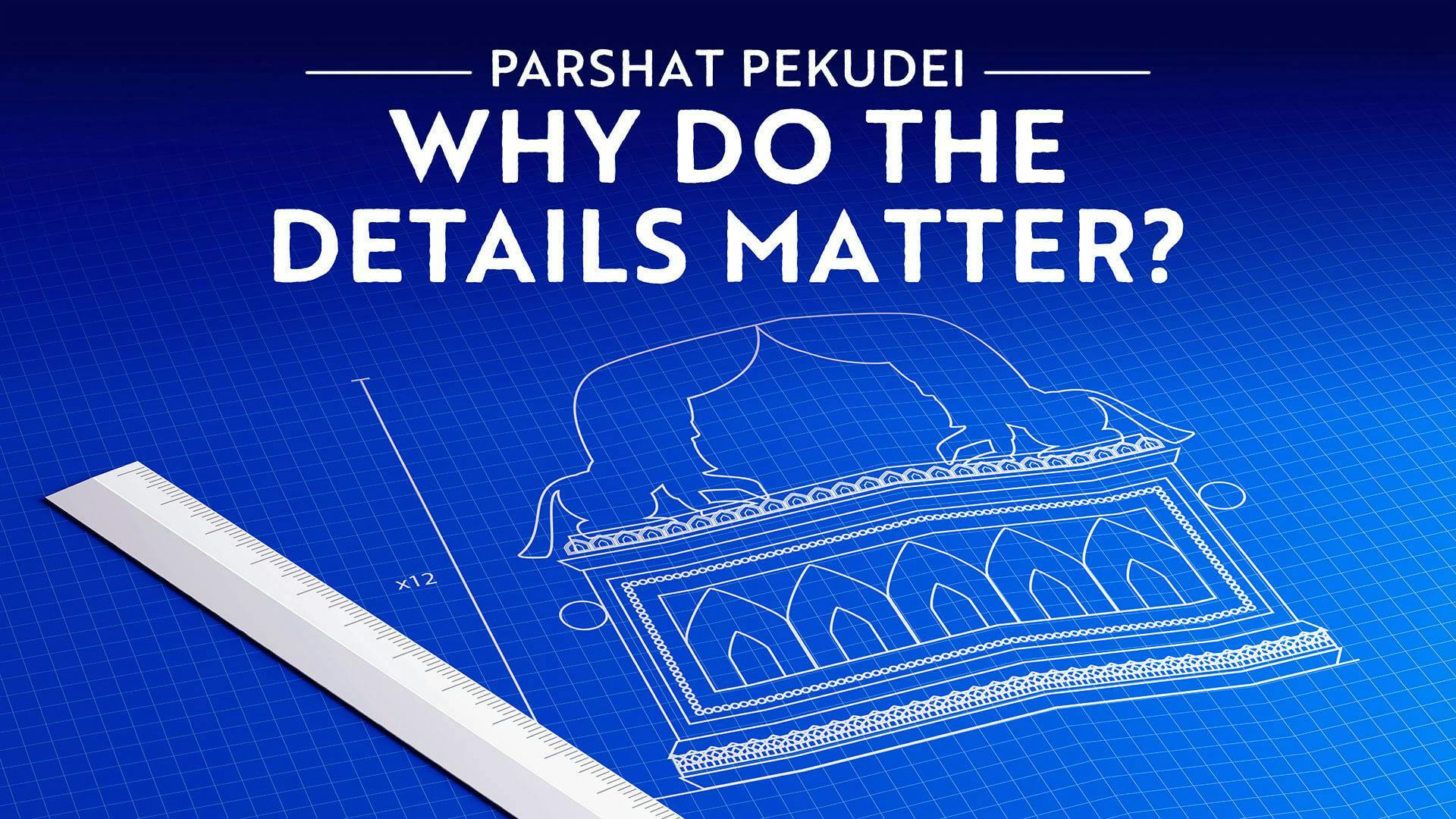
Pekudei: Why Do the Details Matter?
Animated Video • 11 min
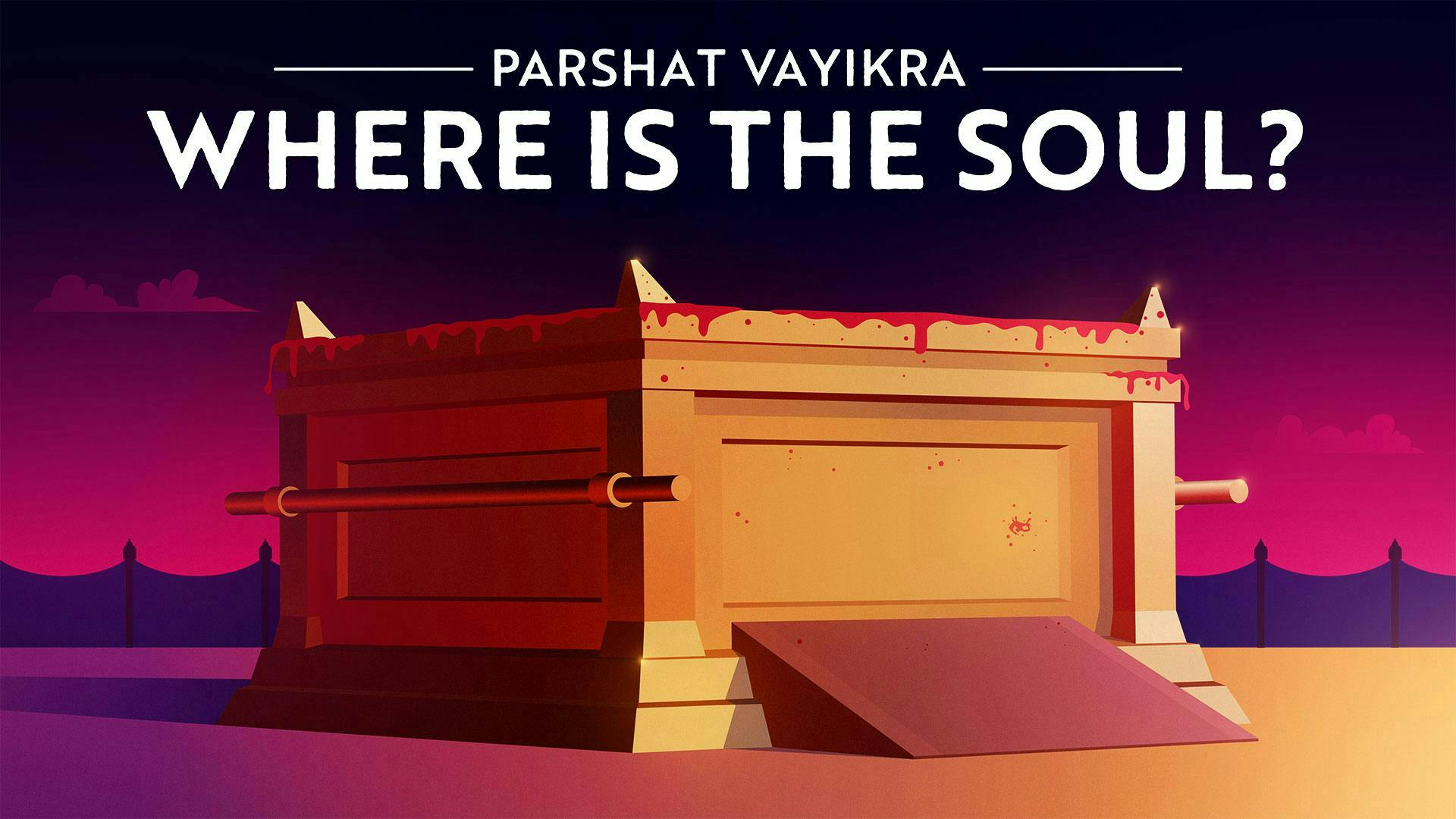
Vayikra: Where is the Soul?
Animated Video • 13 min
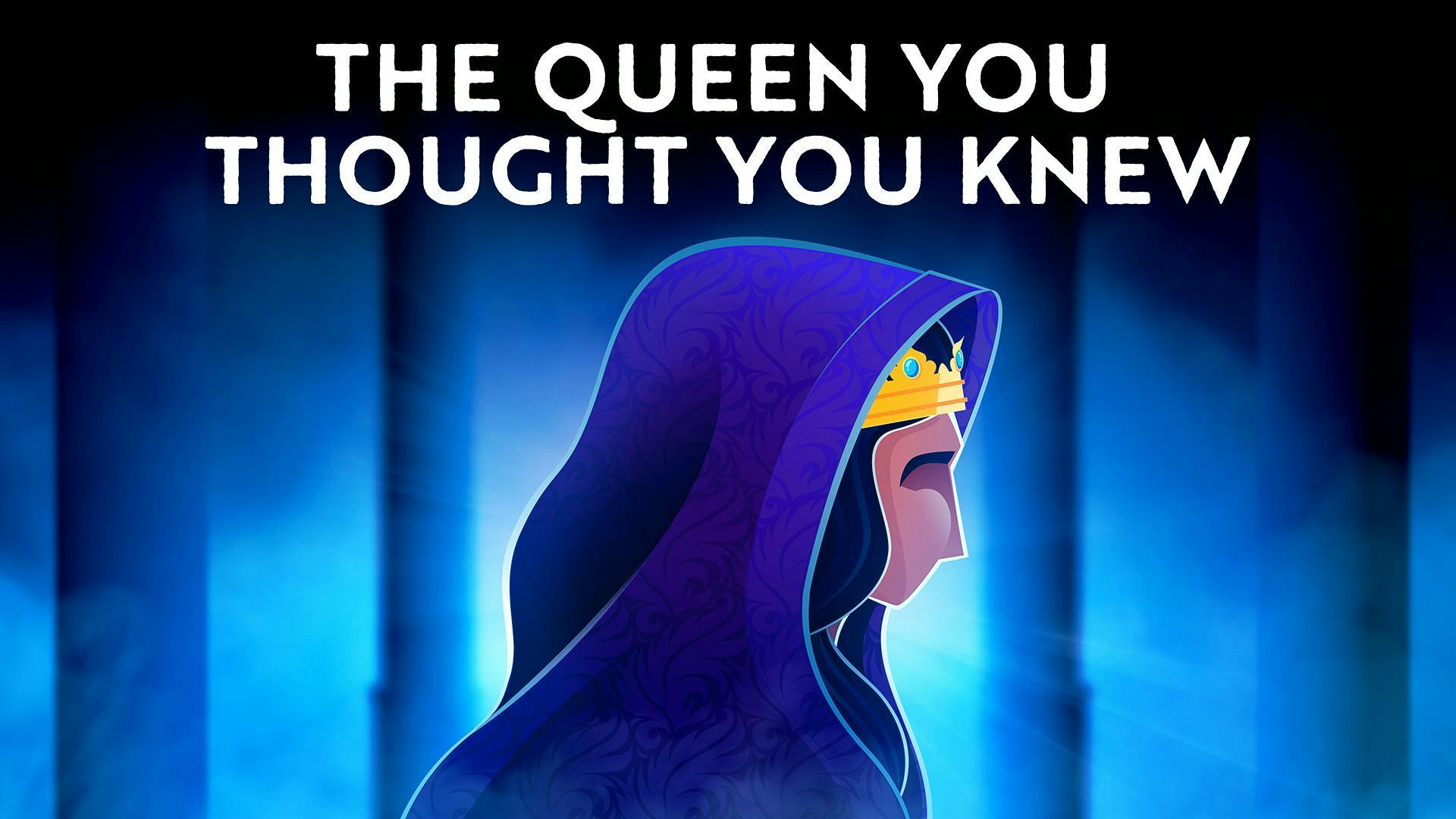
Purim: The Queen You Thought You Knew
Animated Video Series • Part 1 of 7 • 11 min
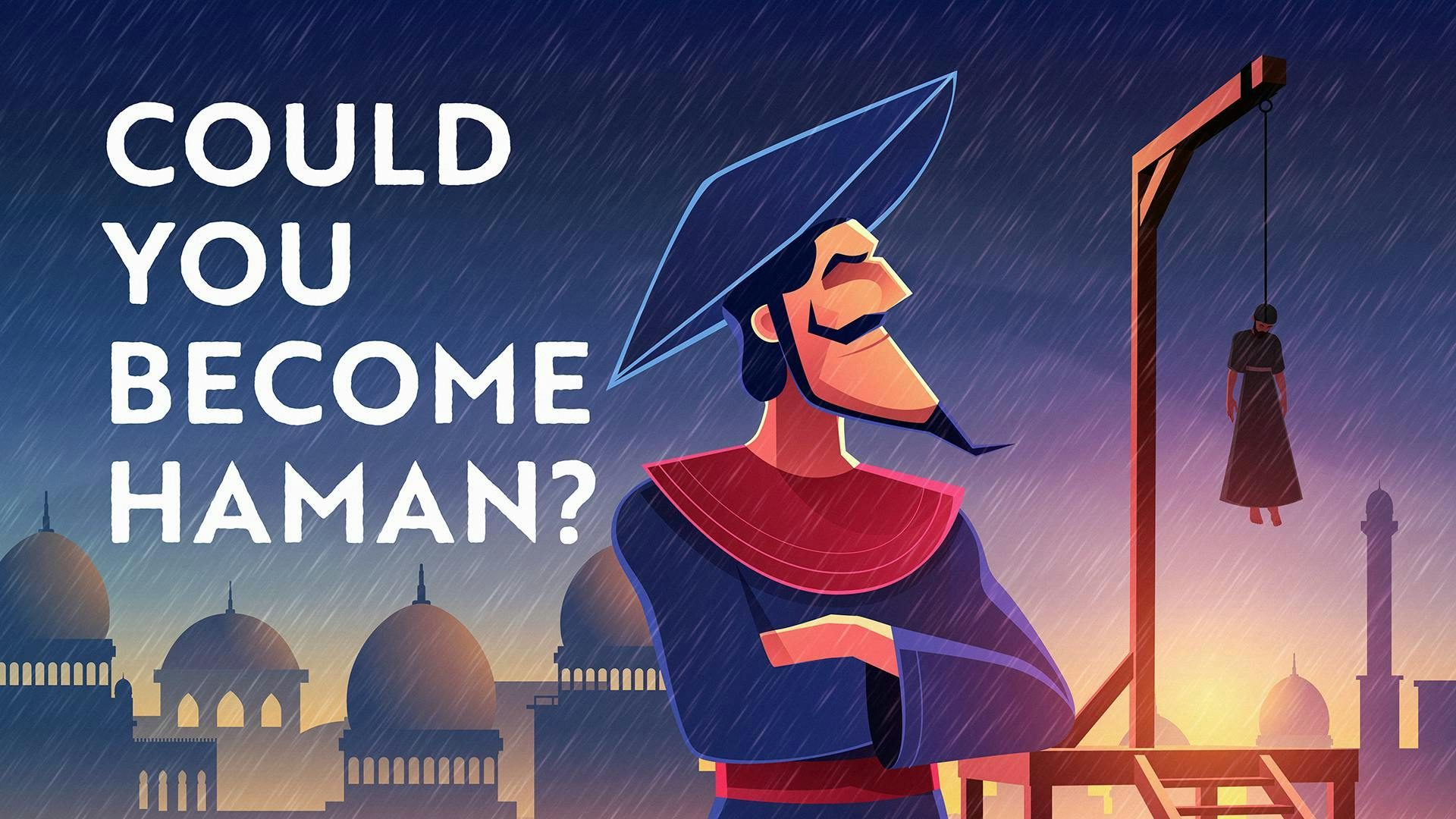
Purim: Could You Become Haman?
Animated Video Series • Part 1 of 7 • 5 min
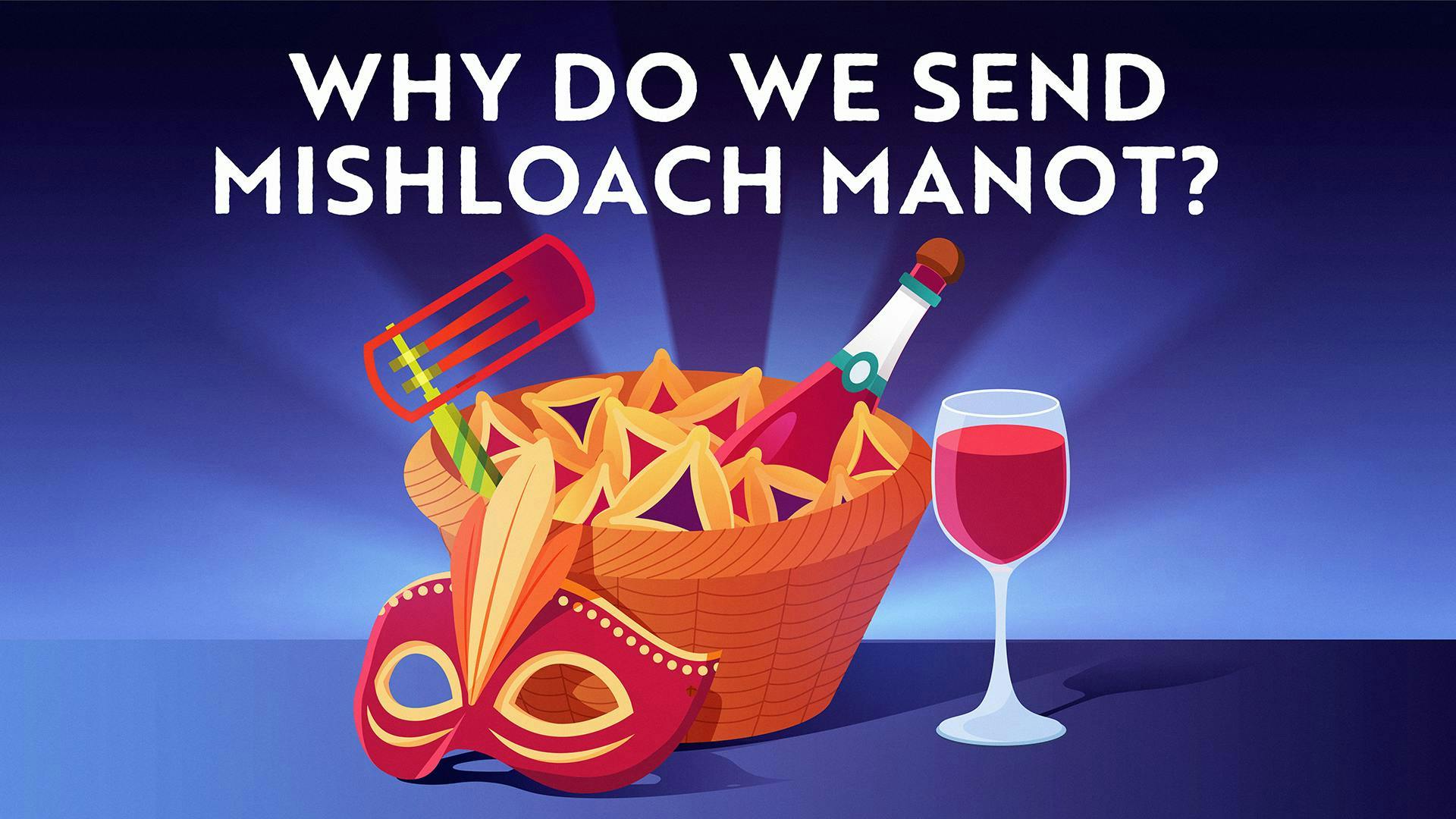
Purim: Why Do We Send Mishloach Manot?
Animated Video Series • Part 1 of 2 • 46 min

Mikvah: Why Does the Mikvah Make Me Pure?
Animated Video • 15 min
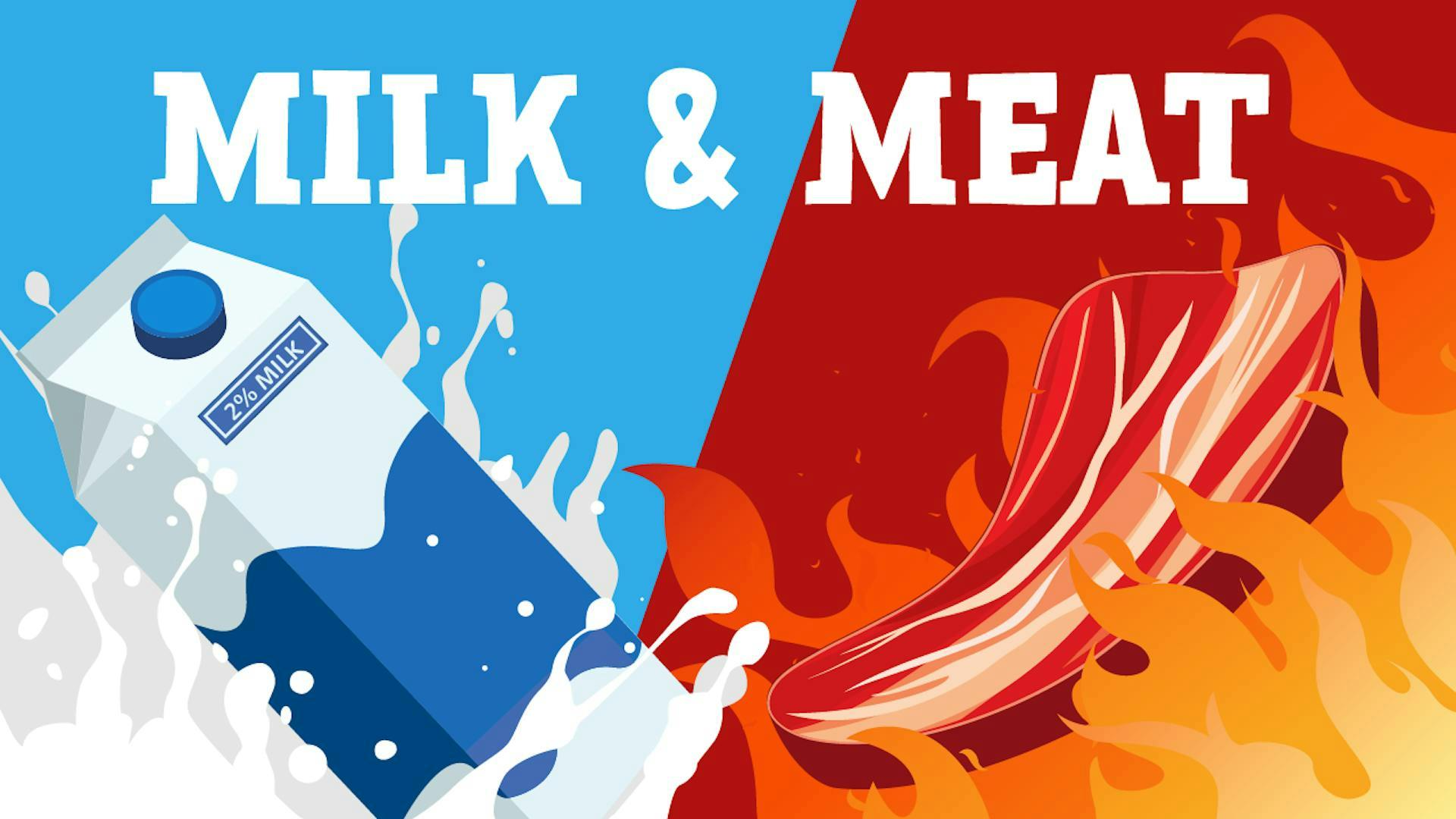
Kashrut: What Does God Have Against Cheeseburgers?
Animated Video • 13 min
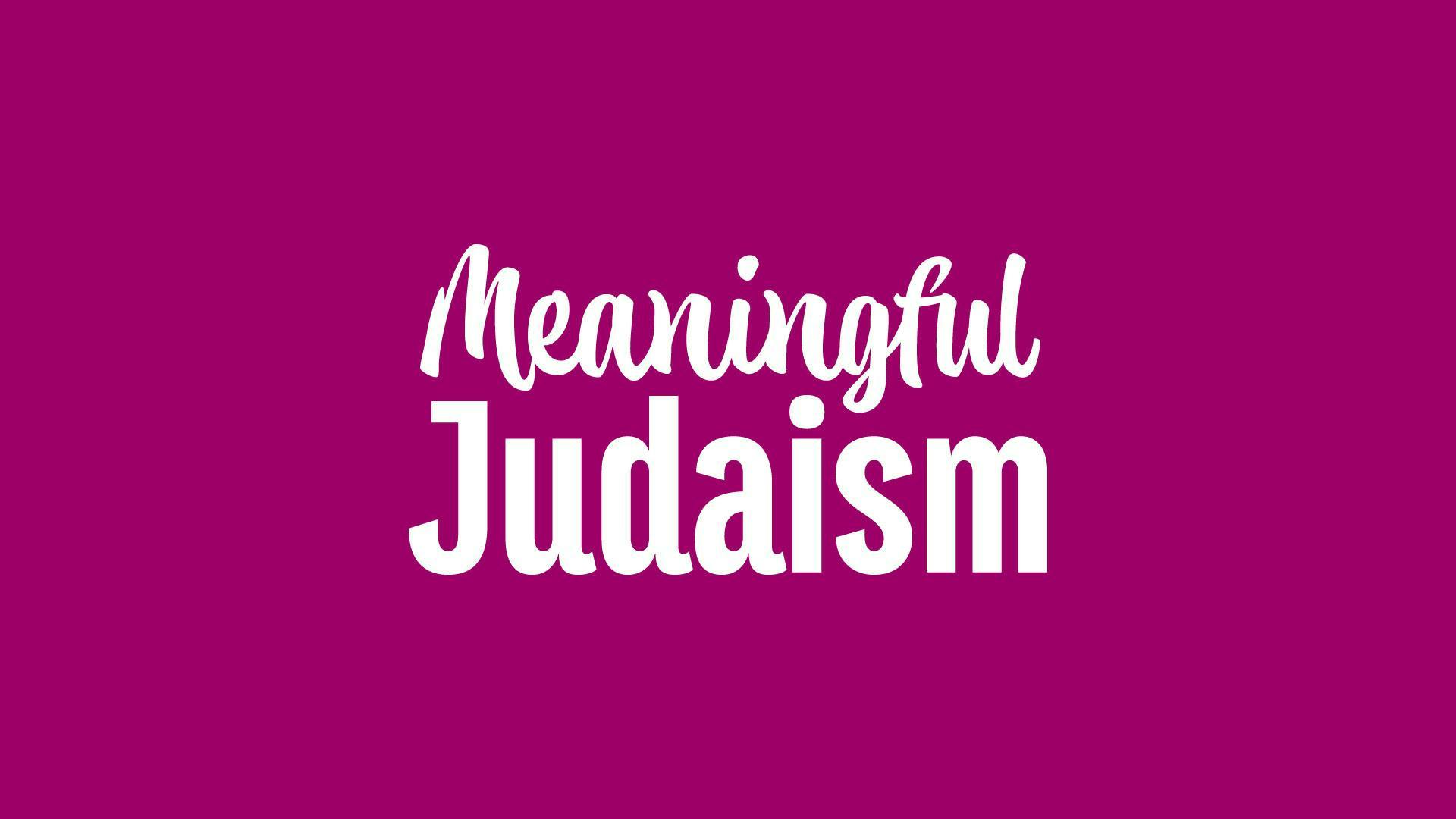
Tzitzit: What's Meaningful About These Strings?
Podcast • 37 min
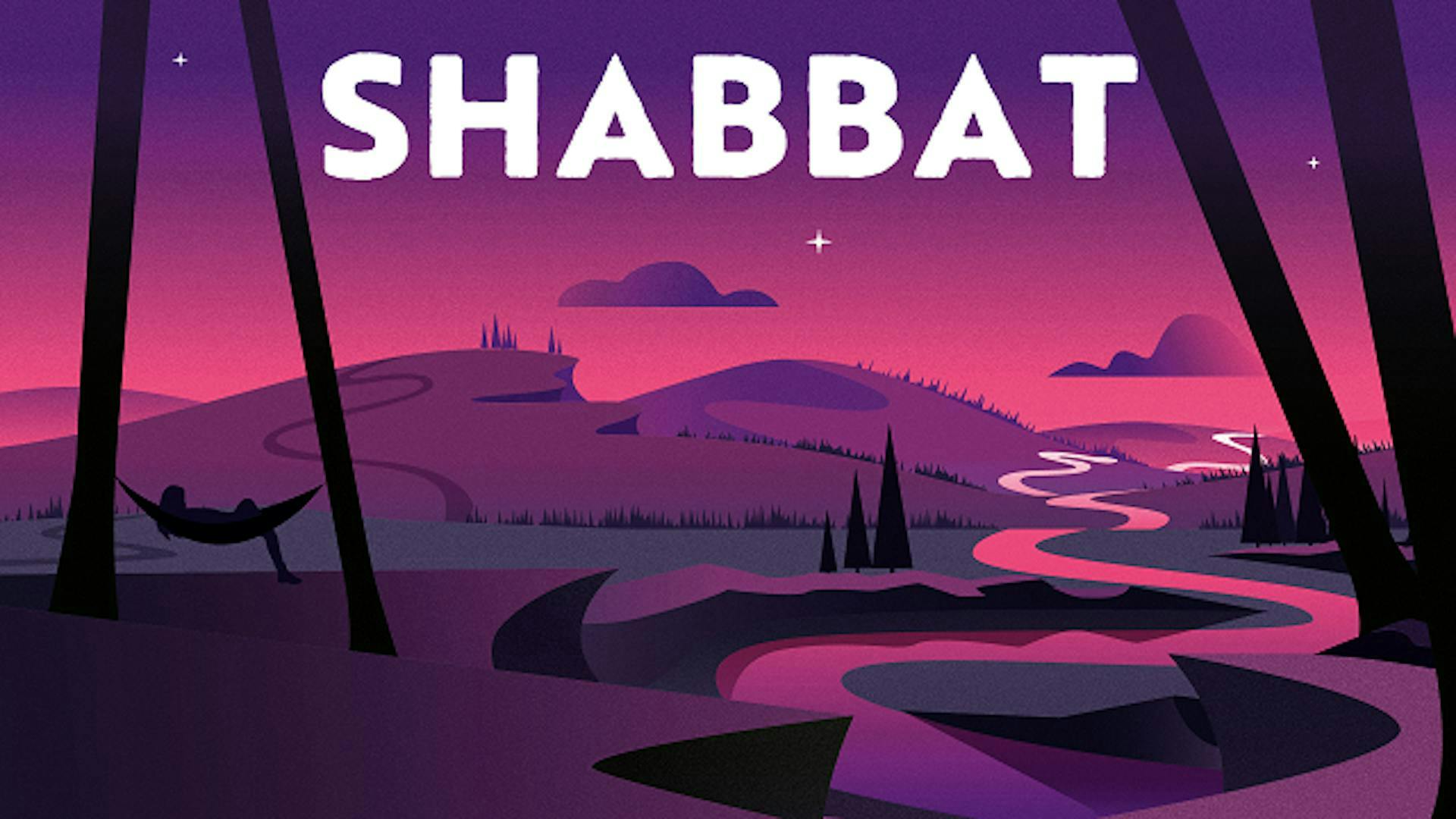
Shabbat: Did God Really Need to Rest? Shabbat's Role in Judaism
Animated Video Series • Part 1 of 4 • 8 min

Niddah: Why Do Husbands and Wives Need to Separate?
Podcast • 50 min
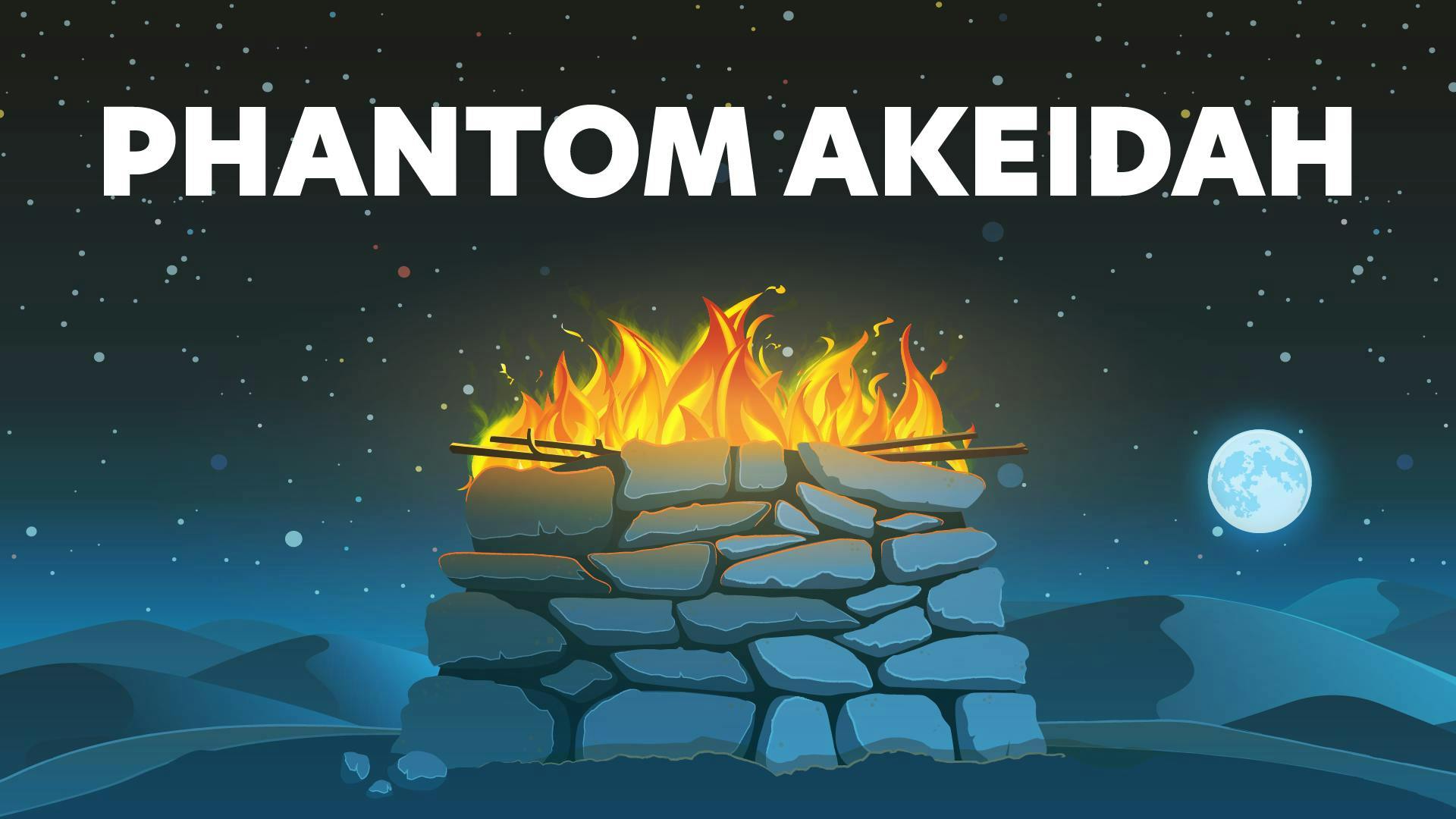
The Expulsion of Ishmael
Deep Dive Course • Part 1 of 8 • 48 min
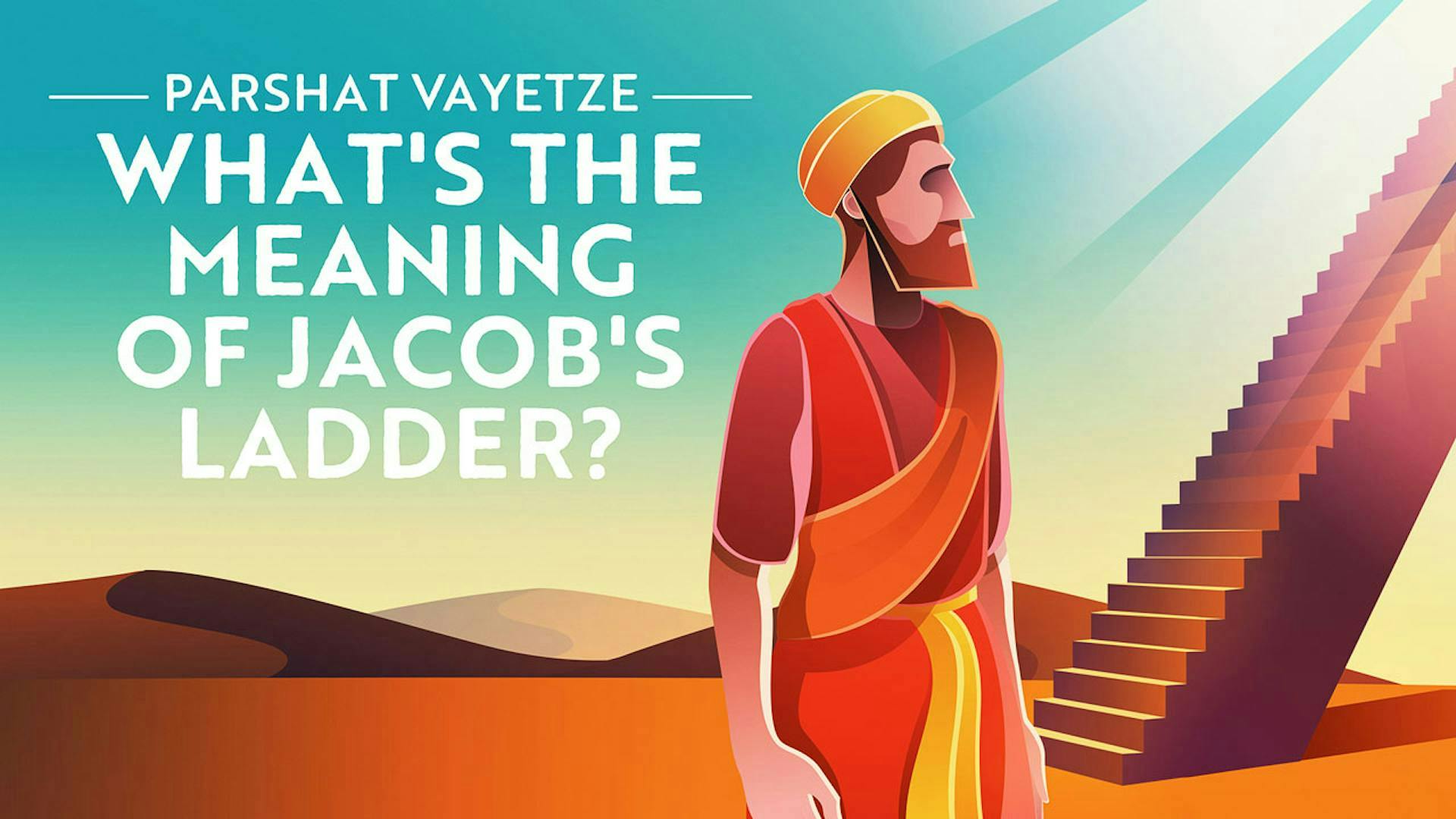
Jacob’s Ladder
Animated Video • 14 min
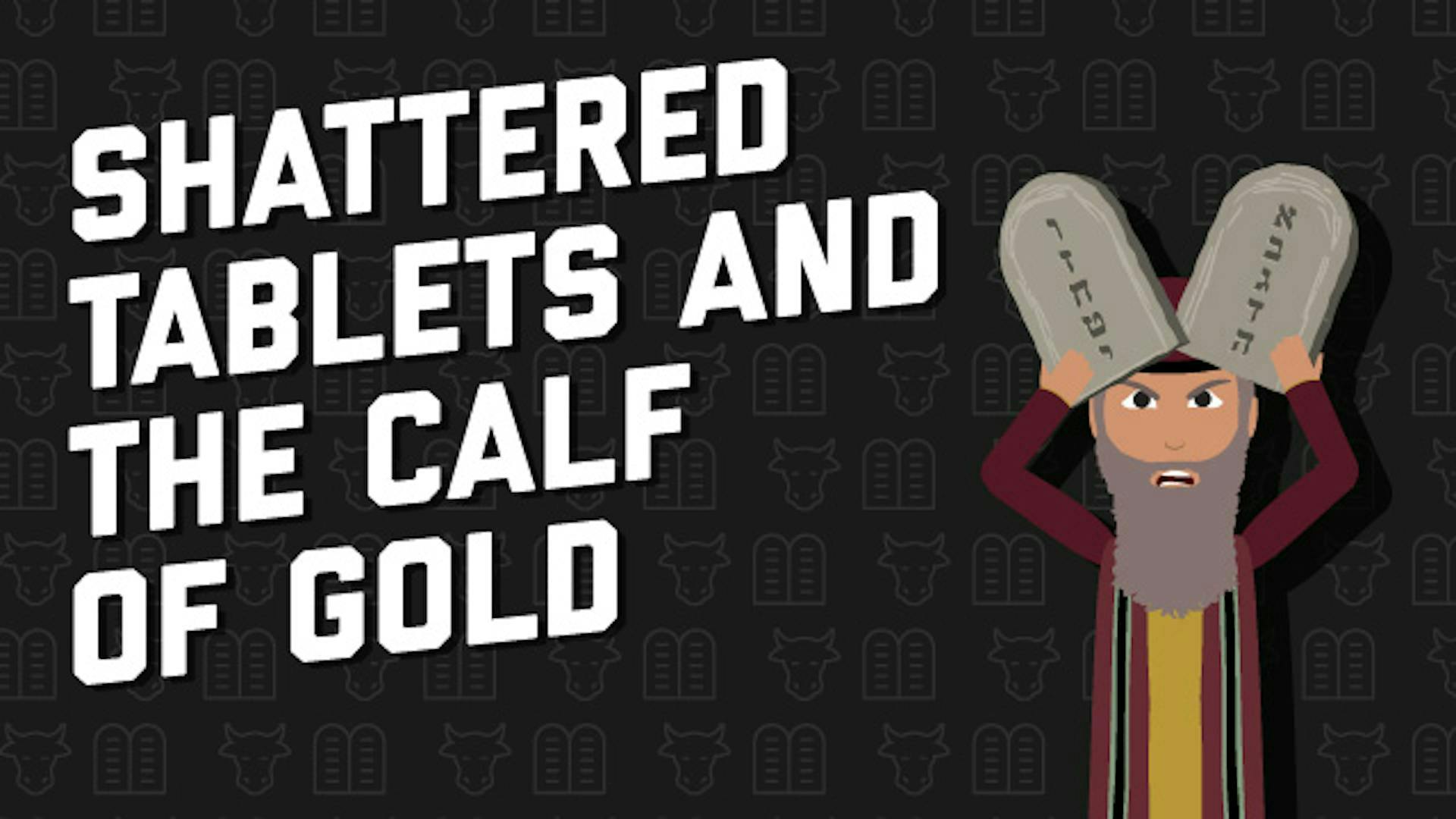
The Golden Calf
Deep Dive Course • Part 1 of 12 • 57 min
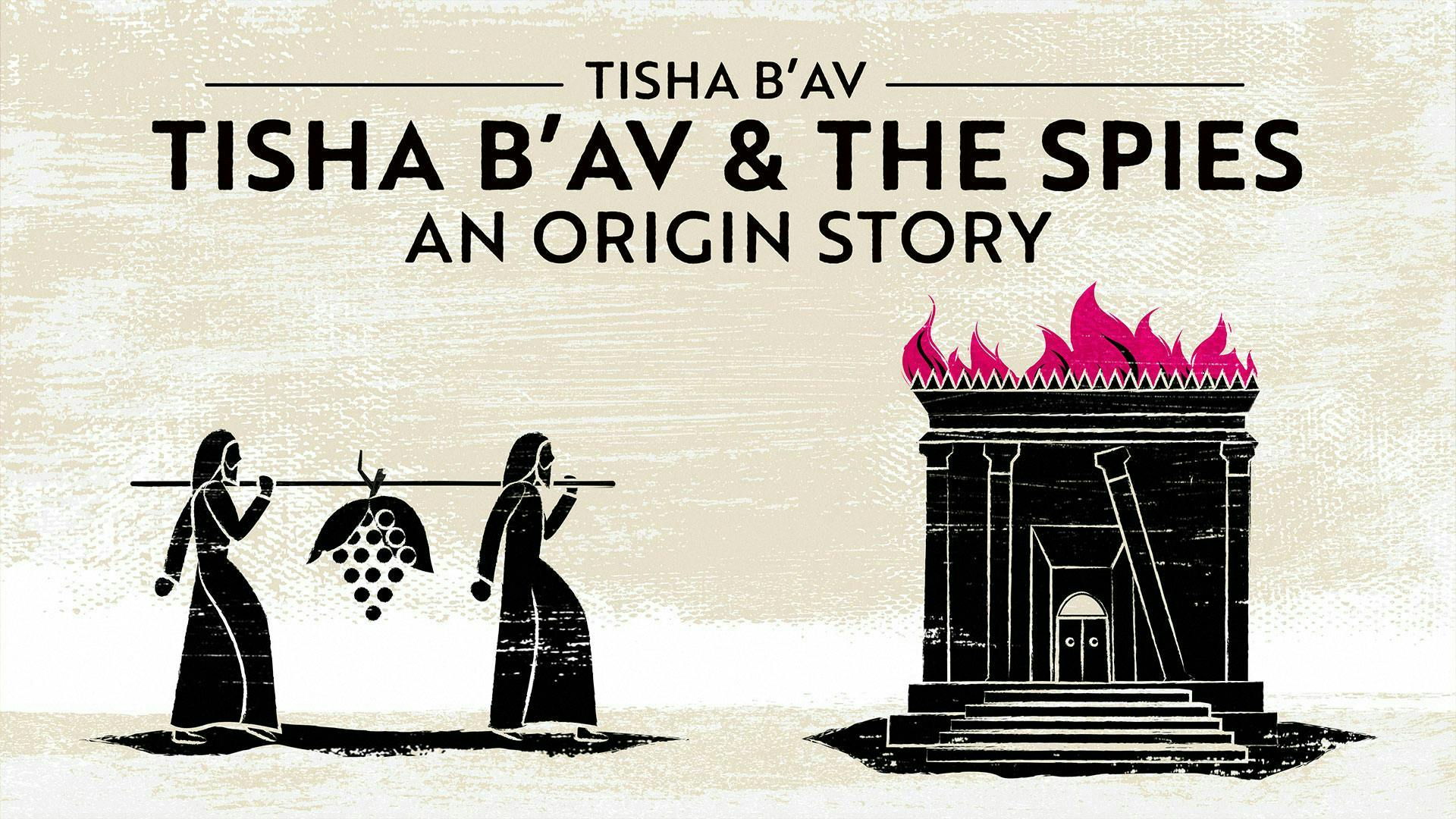
The Sin of the Spies
Animated Video Series • Part 1 of 6 • 10 min
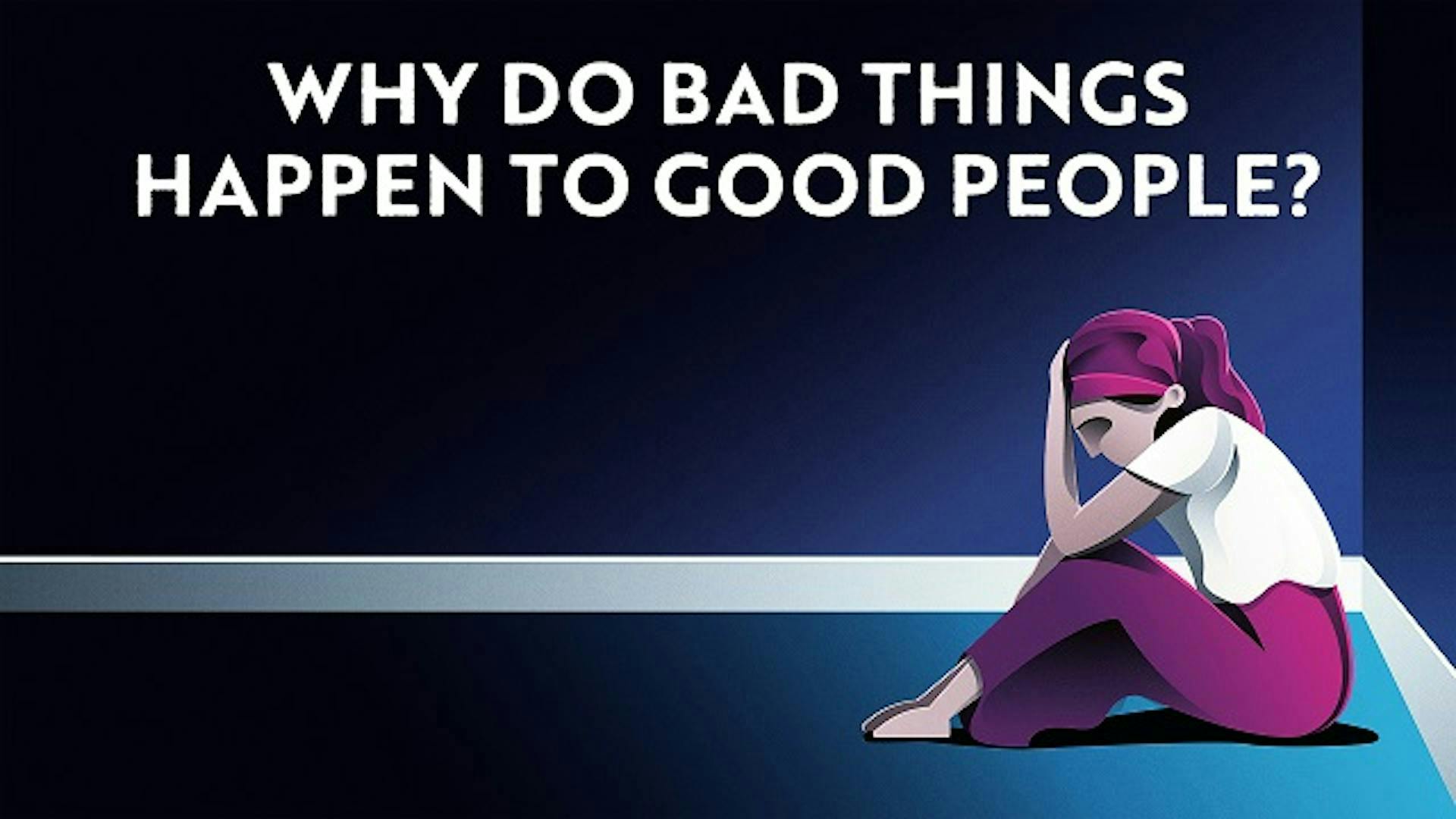
The Book of Job
Animated Video Series • 52 min
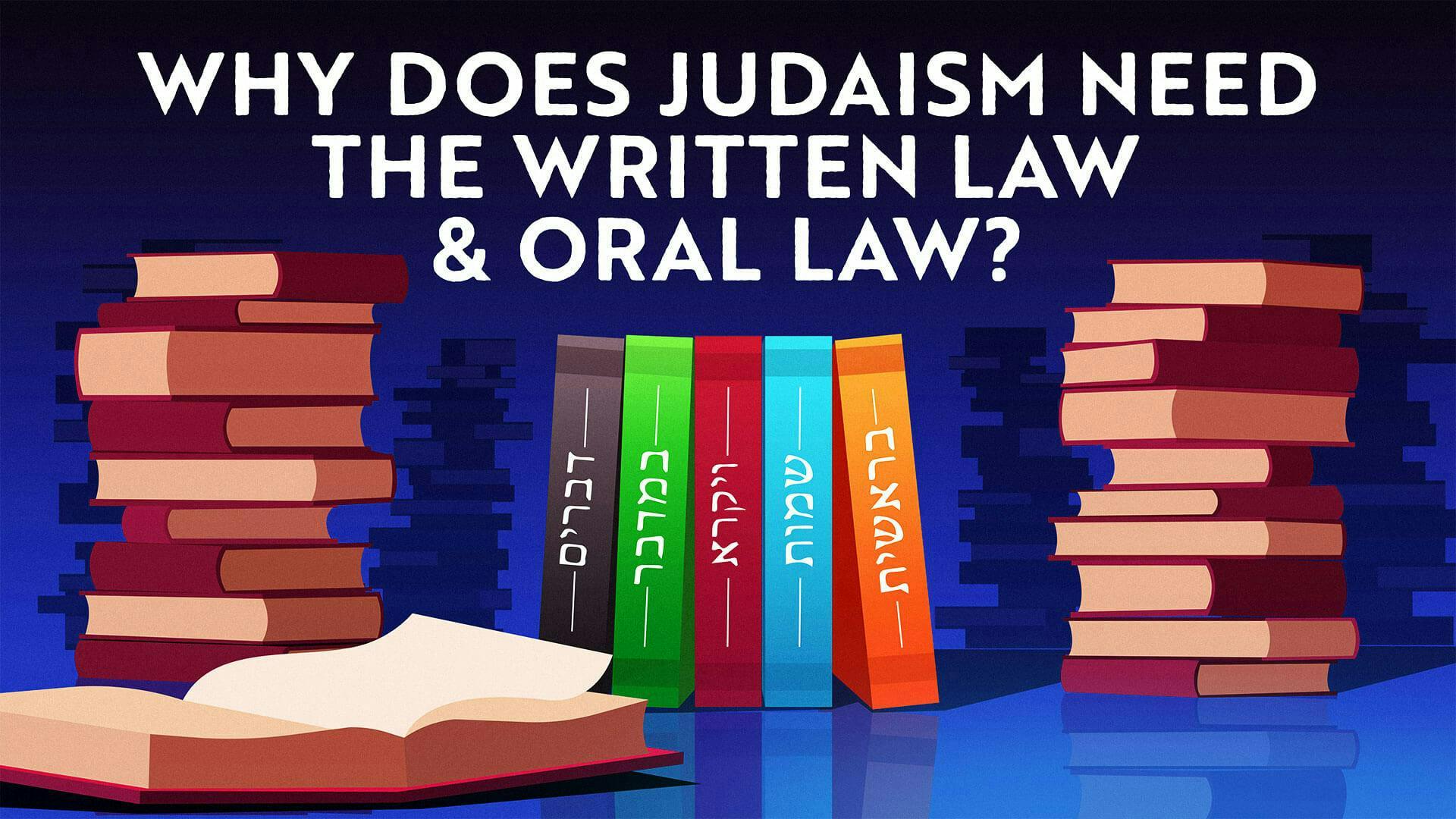
Why Does Judaism Need The Written Law And Oral Law?
Animated Video • 14 min
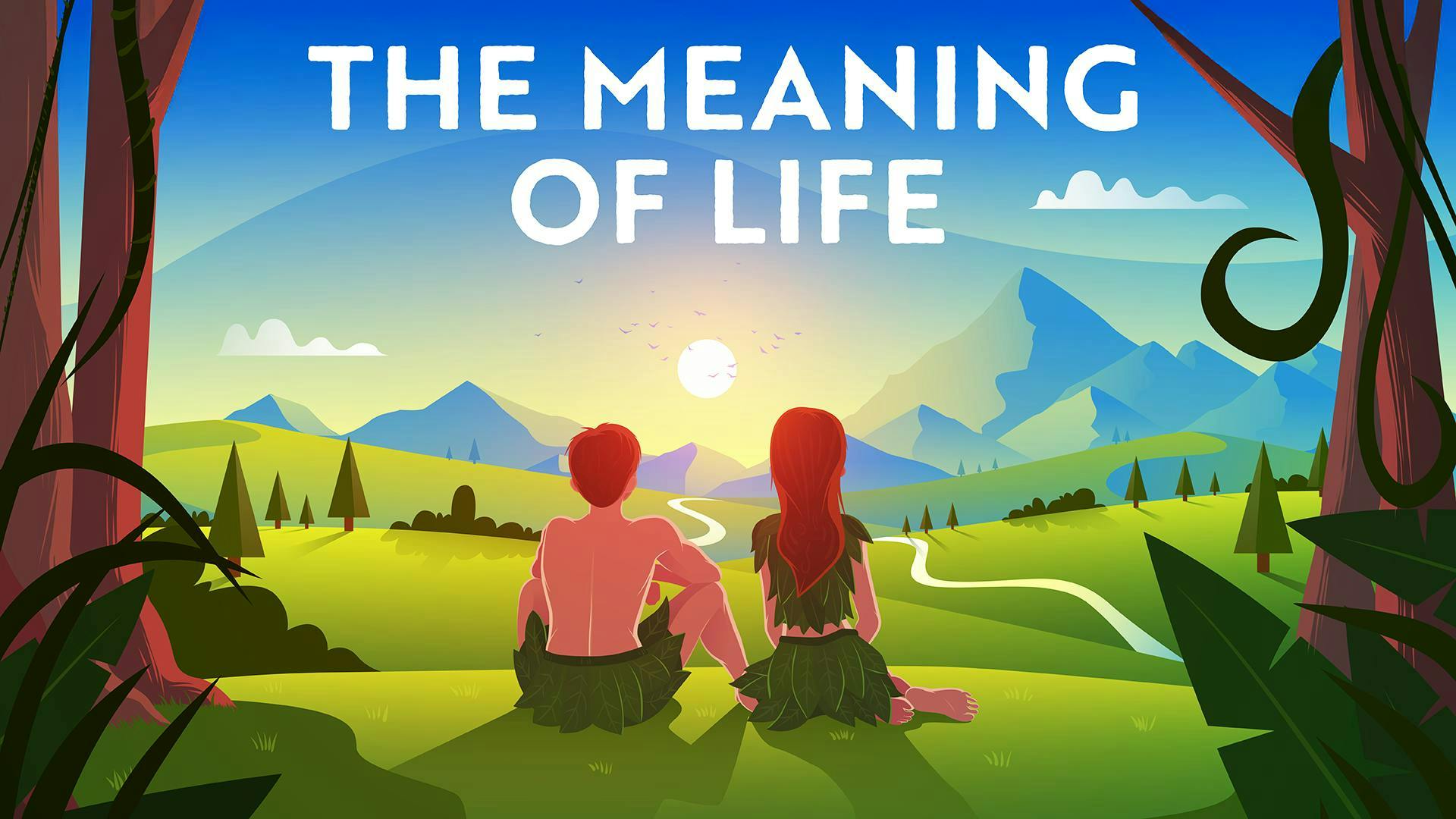
What Is the Meaning of Life?
Deep Dive Course • Part 1 of 7 • 34 min
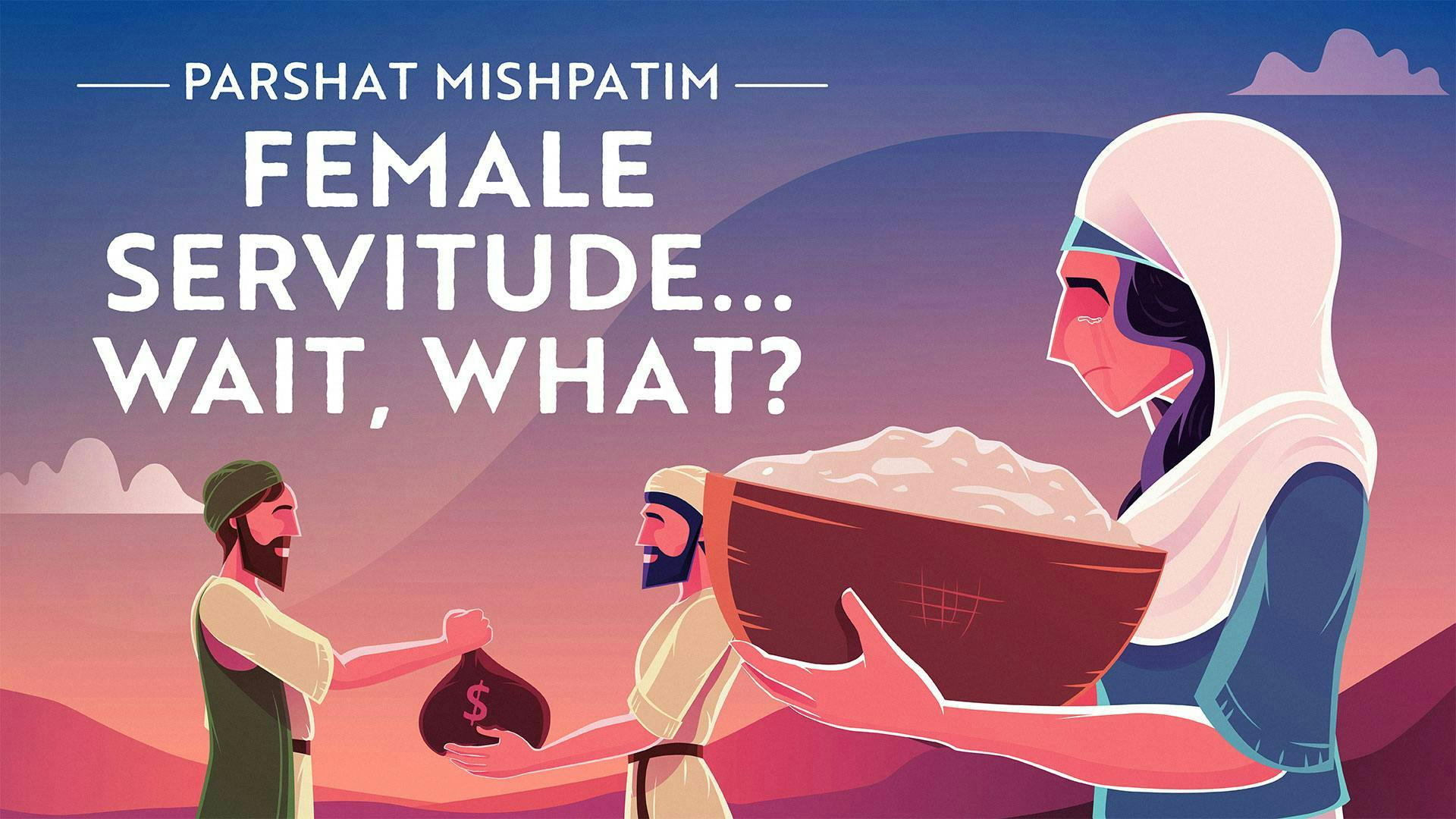
Why Does the Torah Contain Laws That Seem to Promote Slavery?
Animated Video • 9 min
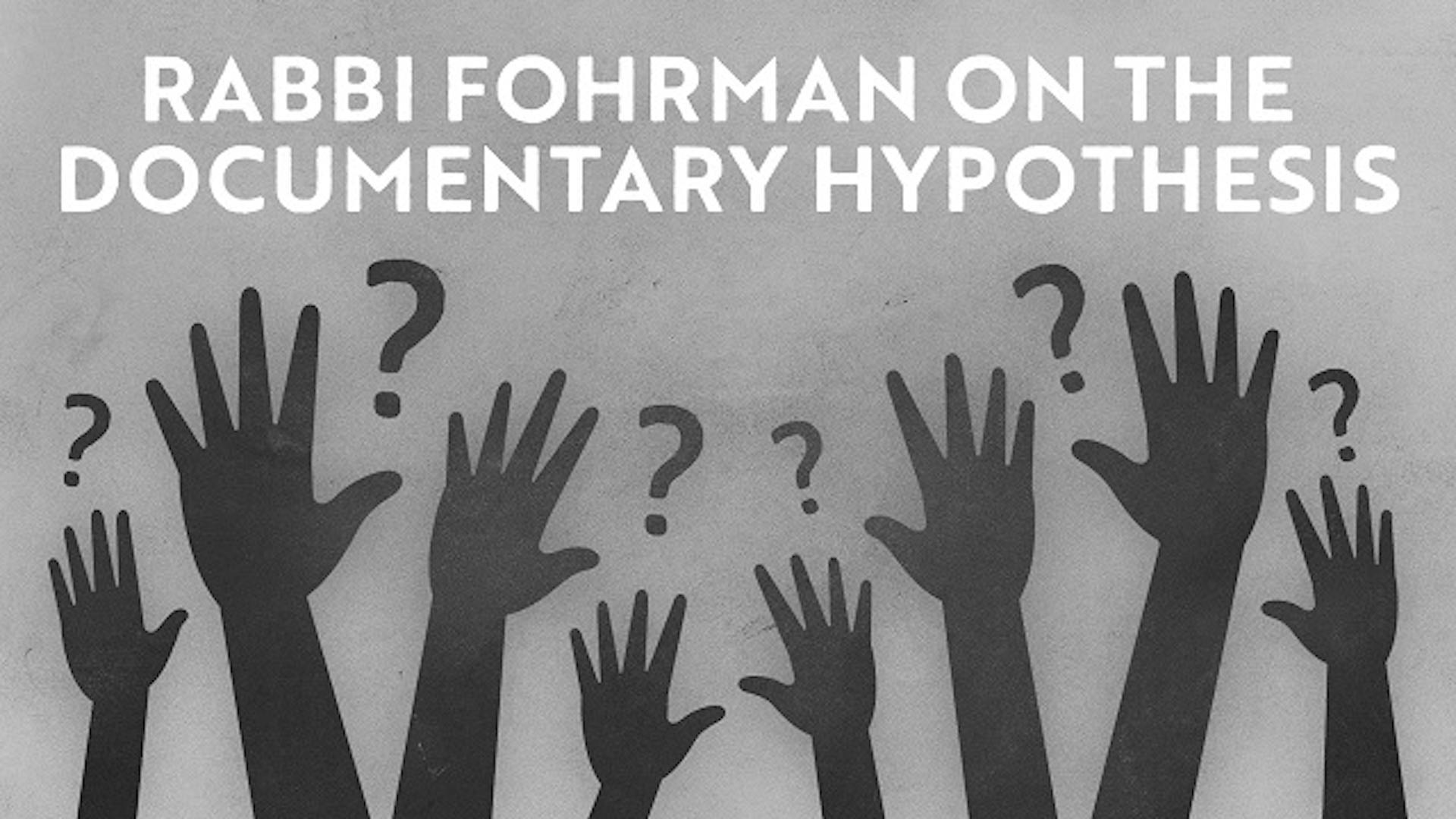
How Can We Respond to the Charges of Biblical Criticism?
Recorded Lecture • 32 min
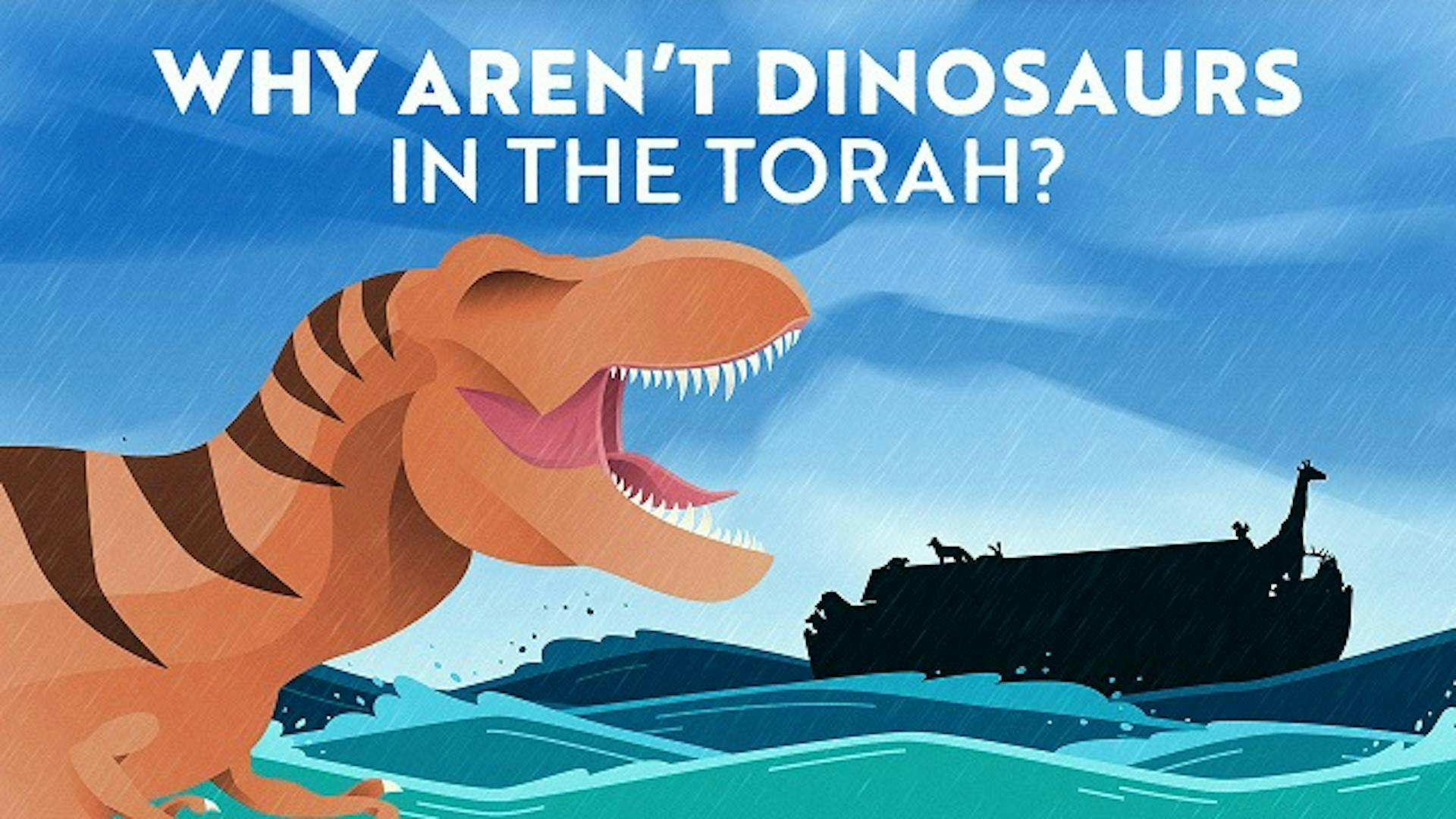
Why Aren’t Dinosaurs Mentioned In The Torah?
Animated Video • 8 min
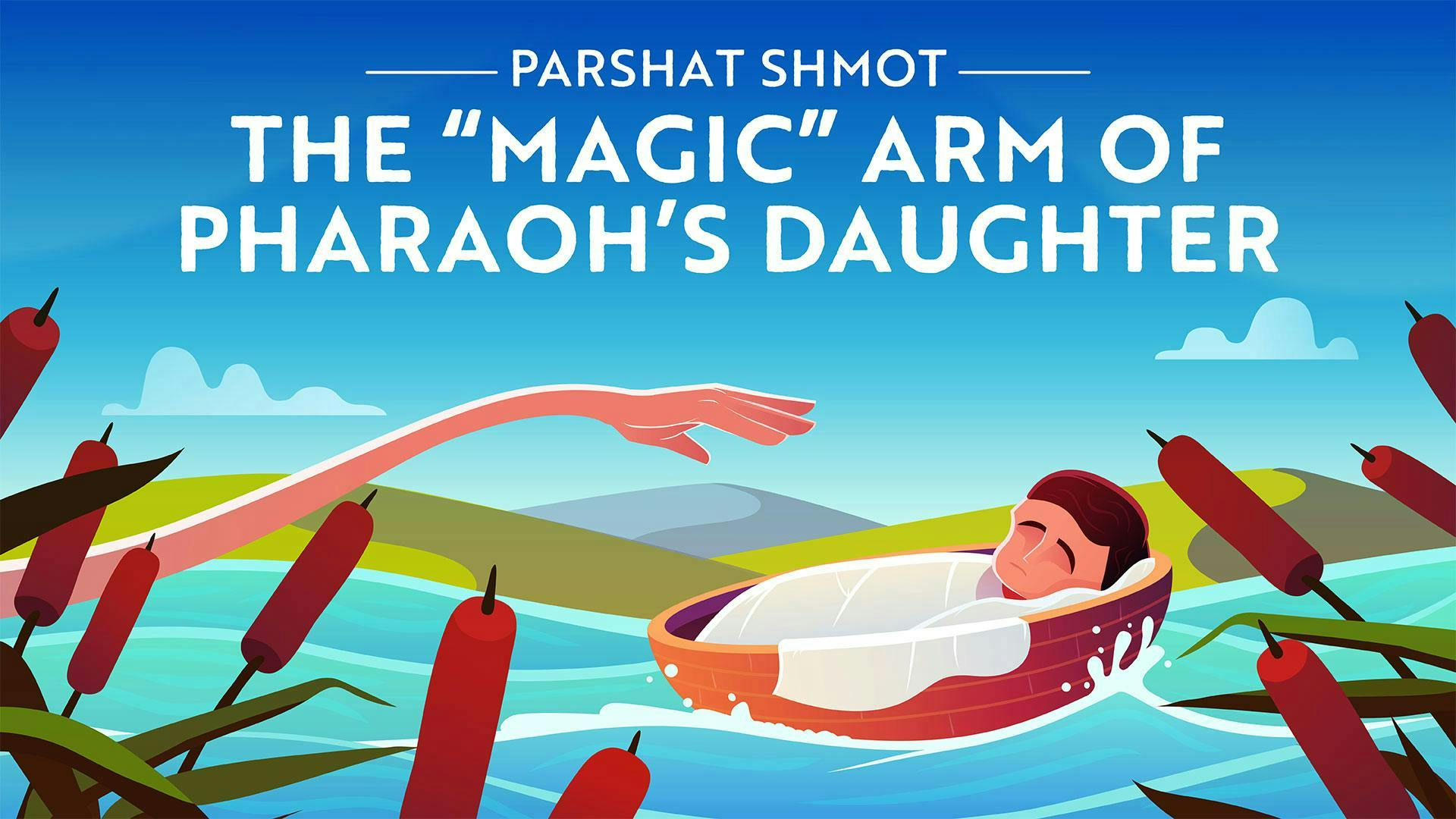
How to Read Midrash
Animated Video • 6 min
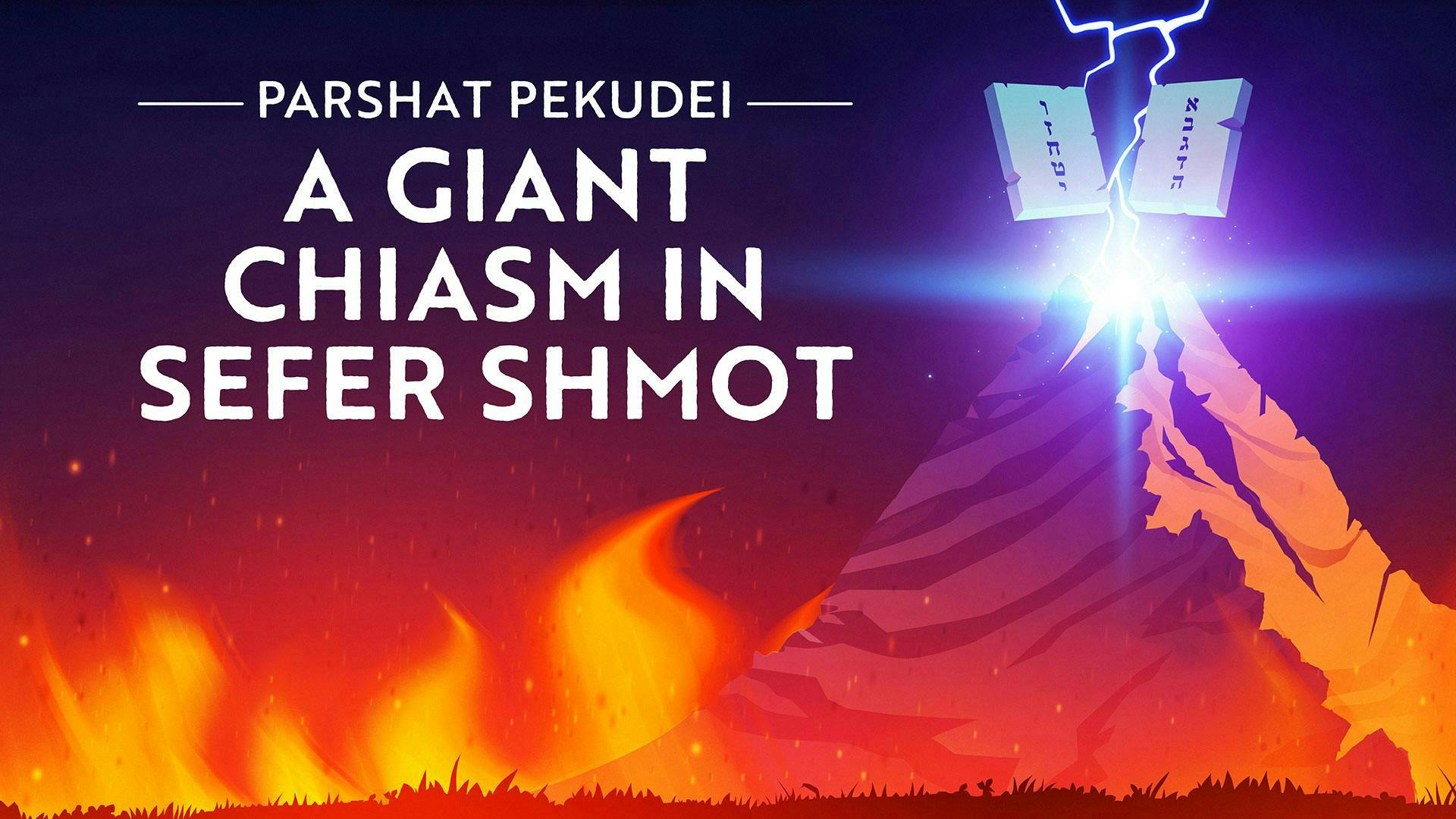
Intertextuality and Chiasms - How the Torah Encodes Meaning
Animated Video Series • Part 1 of 2 • 11 min
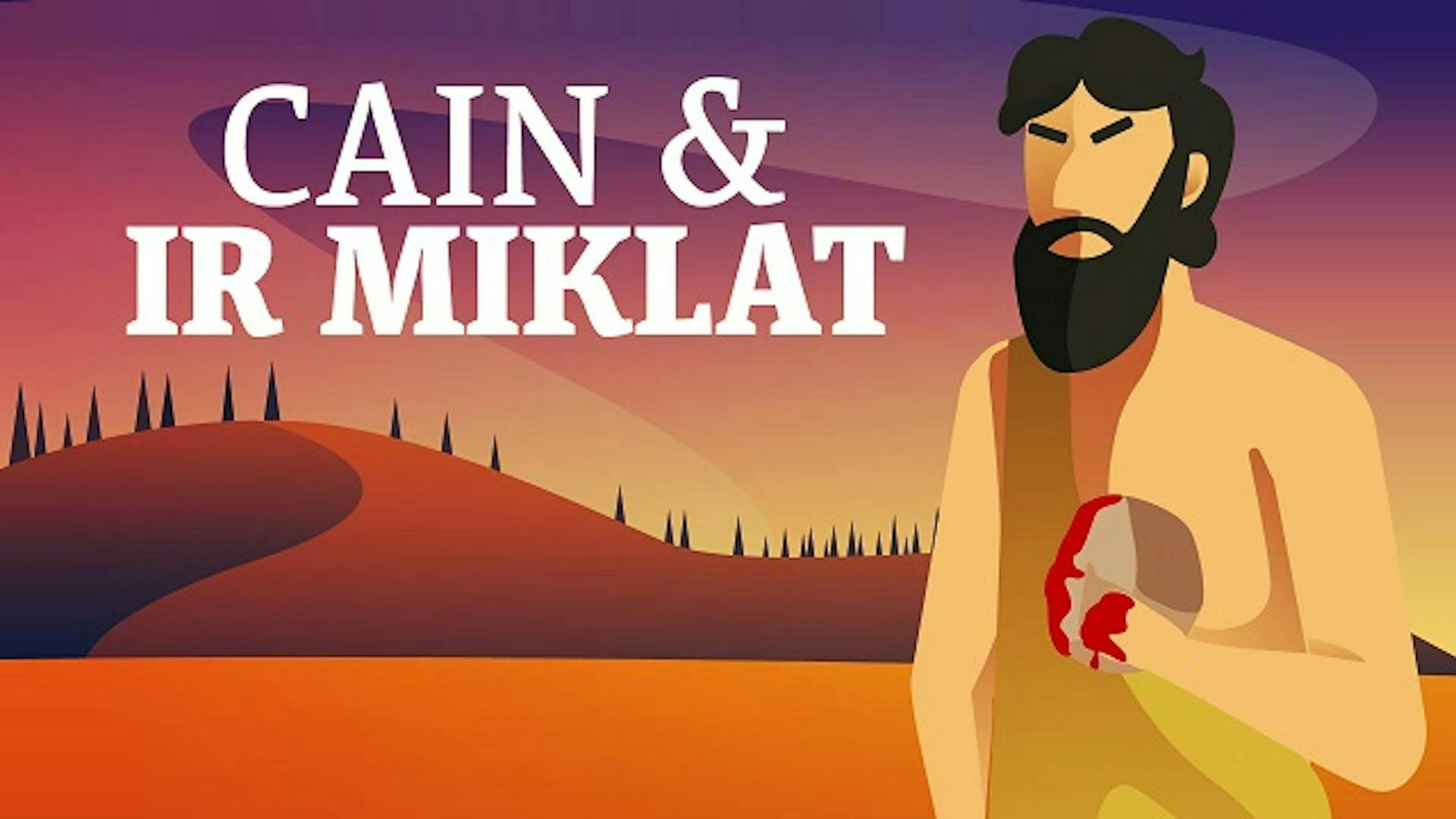
How Our Stories Become Our Laws - The Surprising Relationship Between the Narrative and Legal Sections of the Torah
Animated Video Series • 13 min
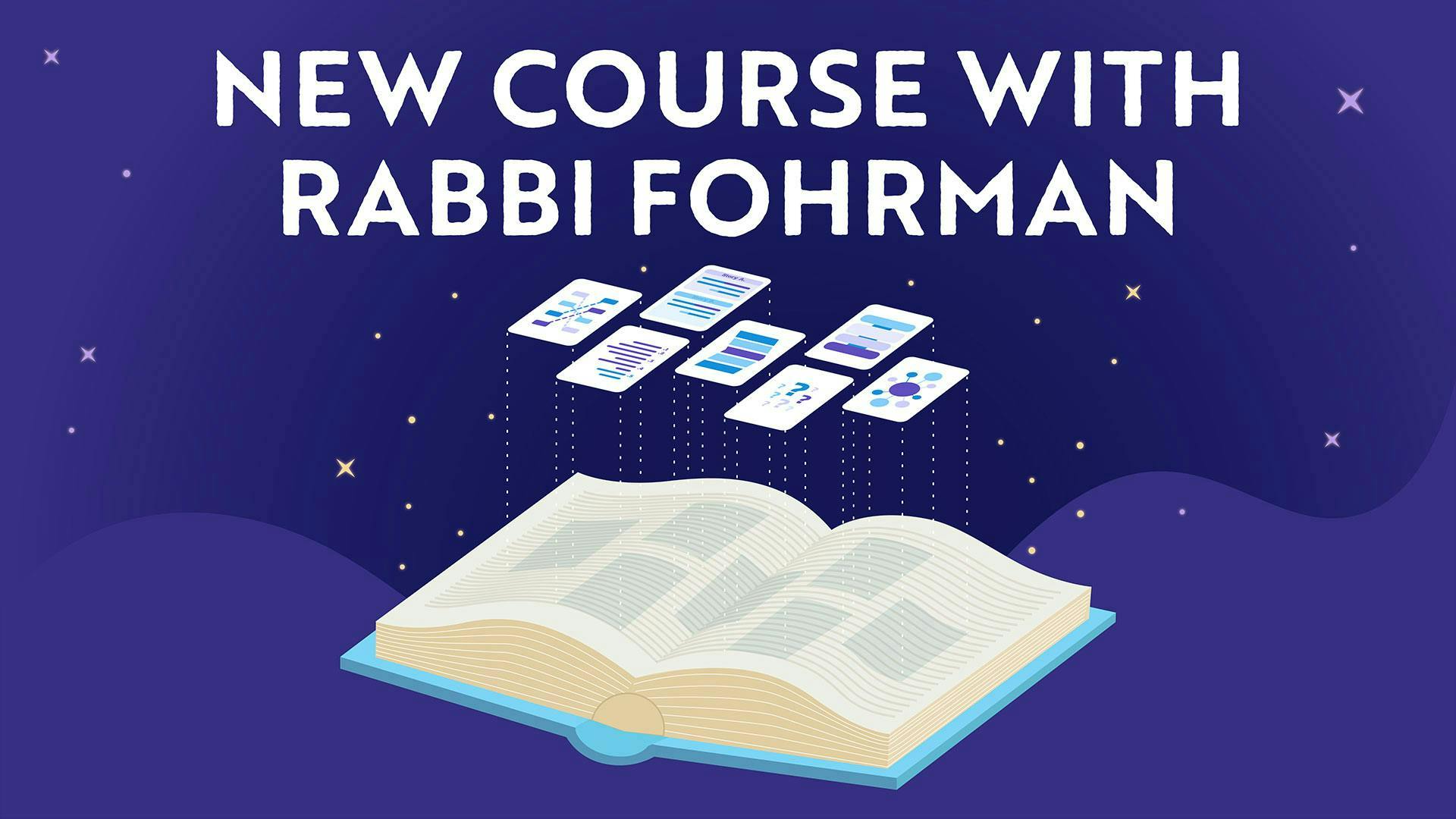
The 7 Habits of Highly Intuitive Readers of the Bible
Animated Video Series • Part 1 of 8 • 2 hours, 2 min
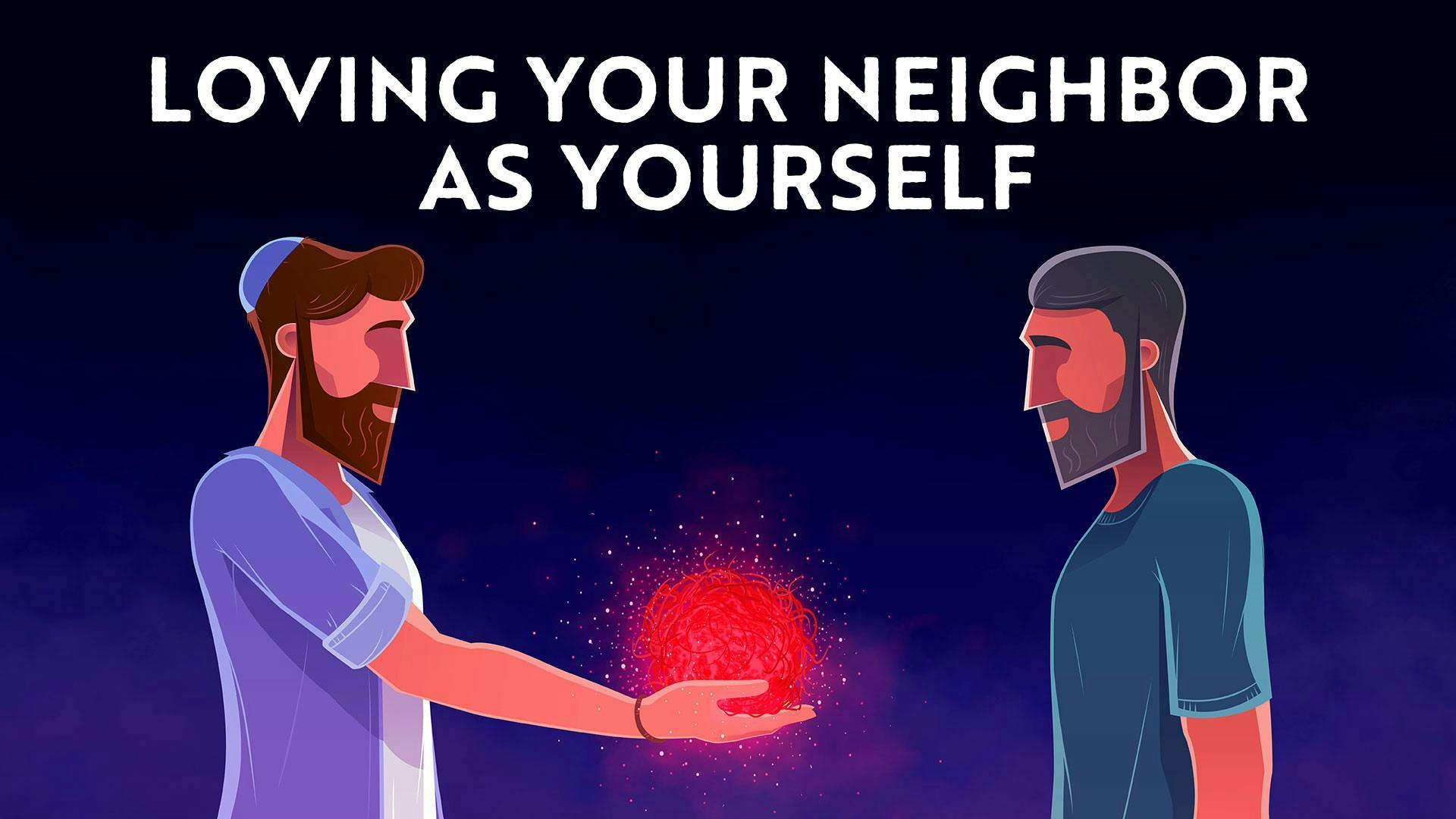
Do You Actually Love Your Neighbor as Much as You Love Yourself?
Animated Video Series • 14 min
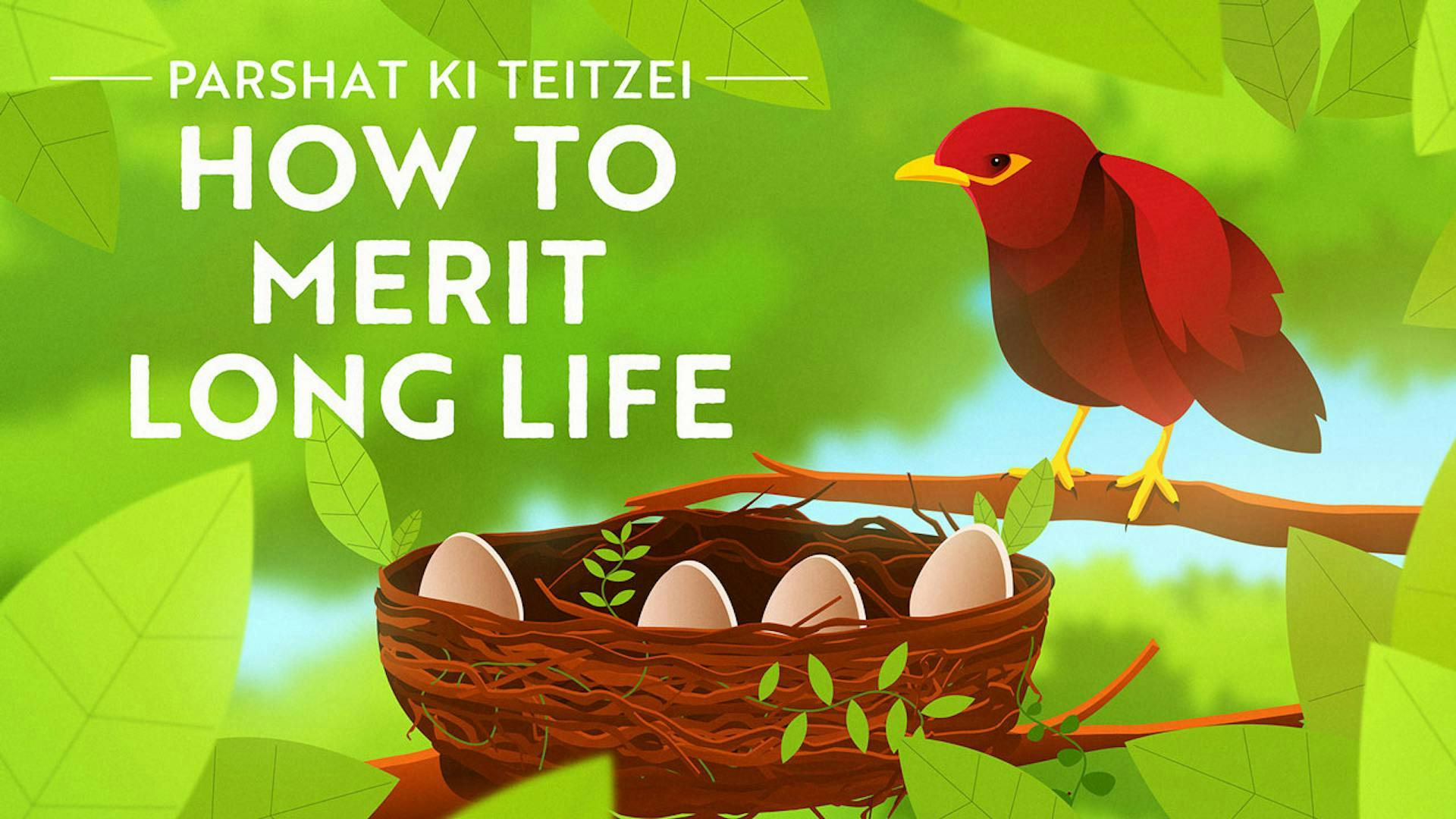
Why Does Honoring Our Parents Lead to Us Meriting a Long Life?
Animated Video • 13 min
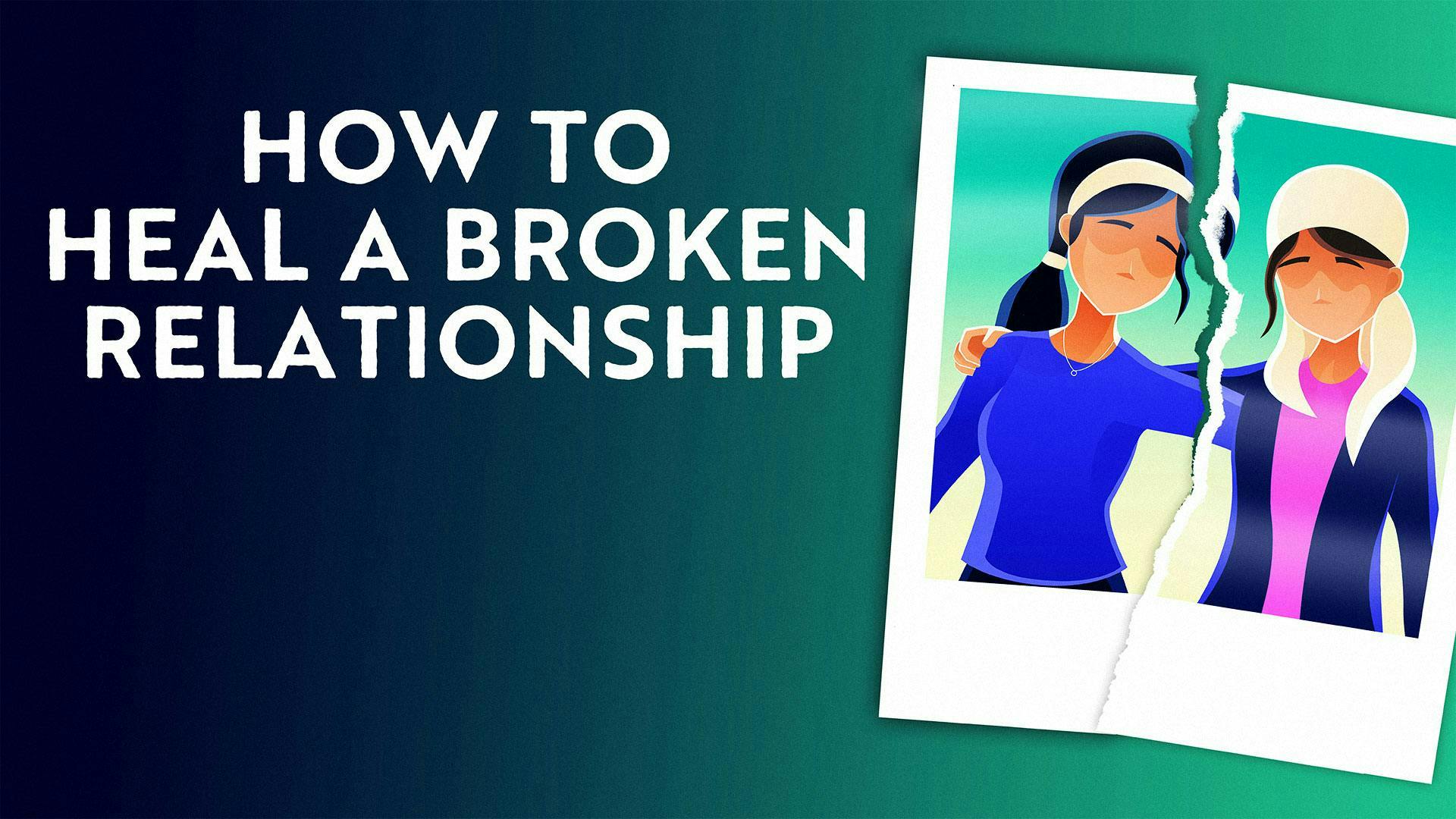
How to Heal A Broken Relationship
Animated Video Series • 1 hour, 3 min
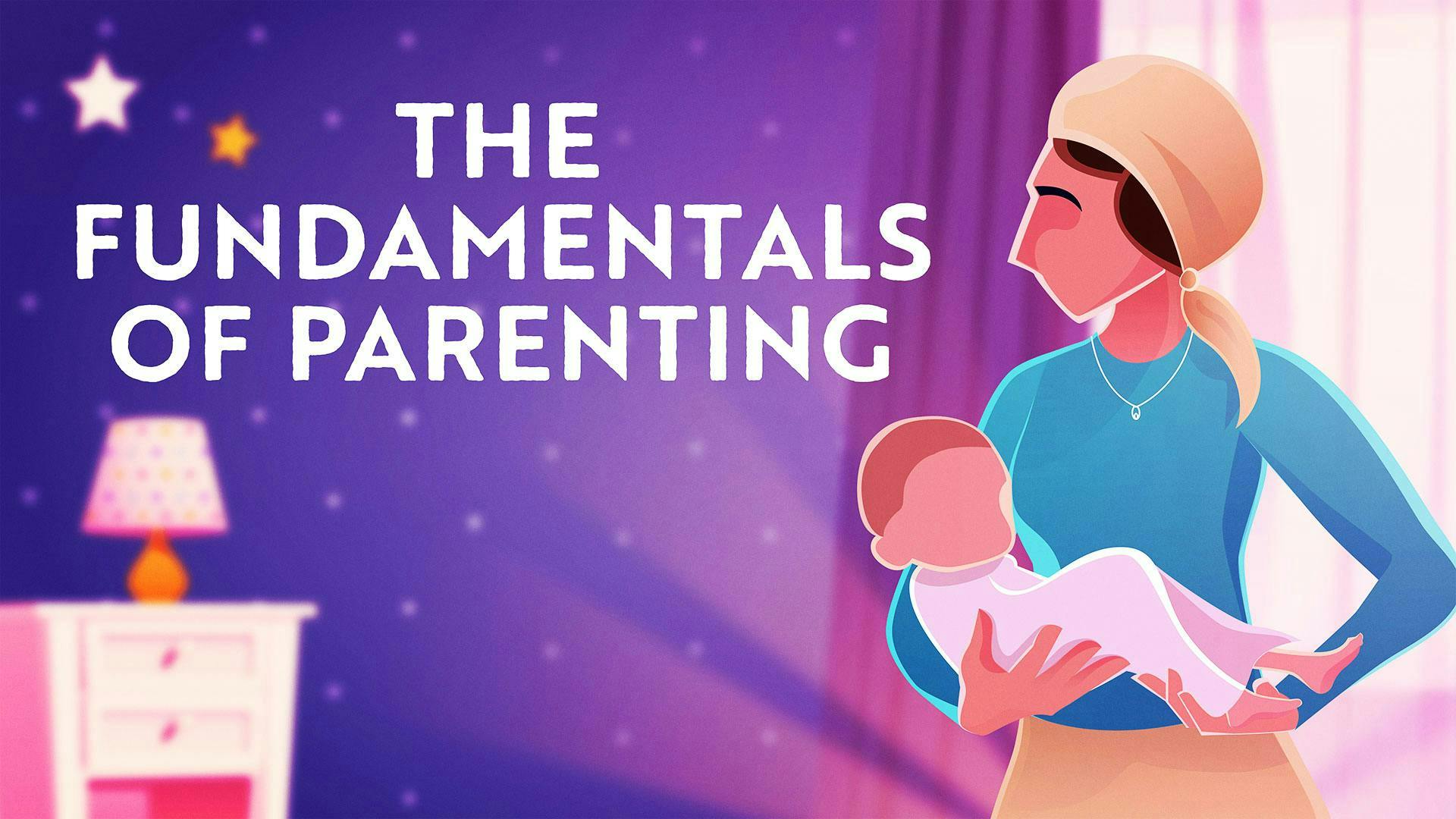
The Ultimate Parenting Guide: The Torah
Animated Video Series • 27 min
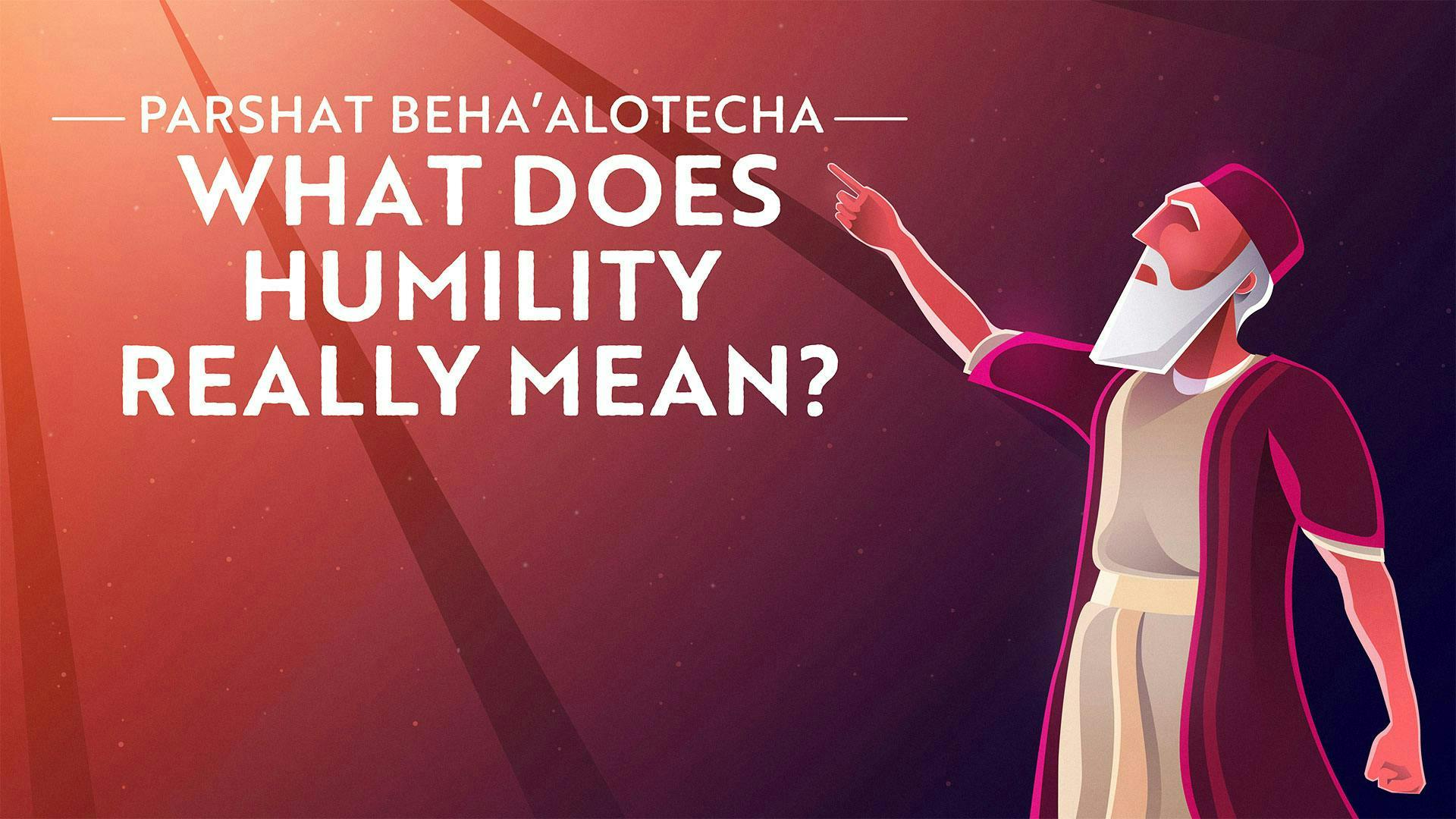
What Can We Learn from Moses’ Humility?
Animated Video • 16 min
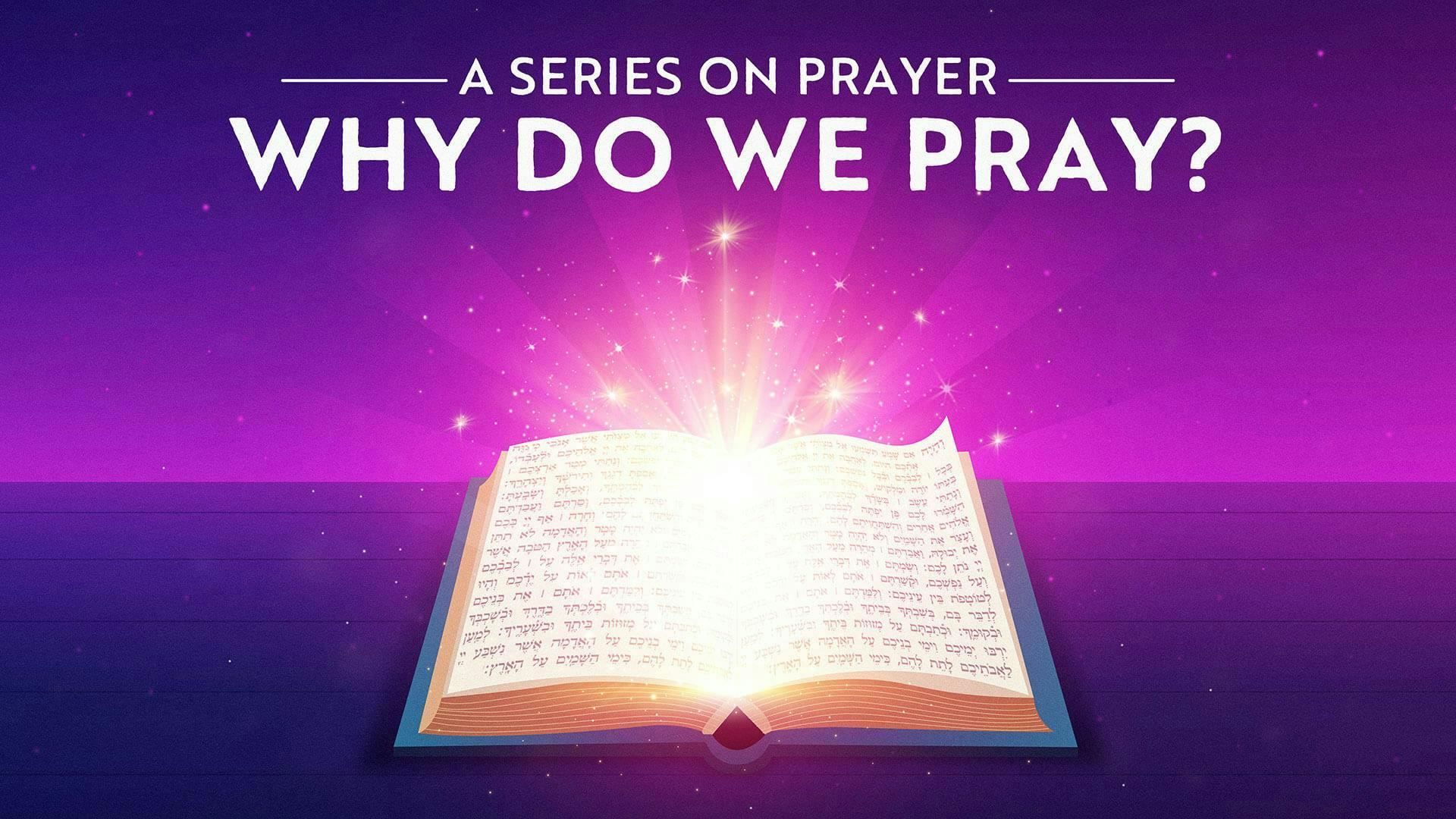
When Prayer Feels Rote: Rekindling Our Connection
Animated Video • 13 min
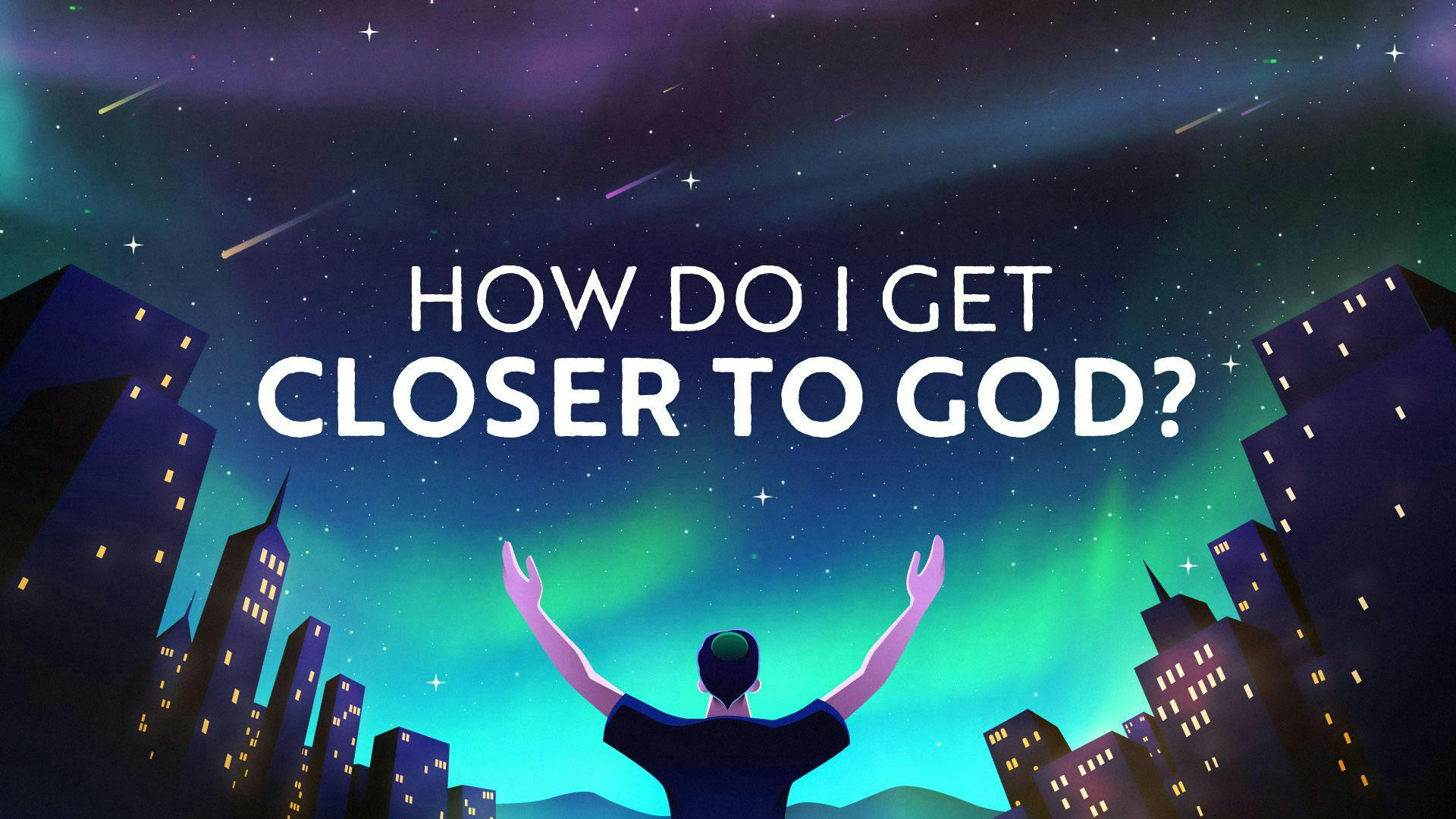
Hannah’s Prayer: How to Get Close to God
Animated Video Series • Part 1 of 4 • 8 min
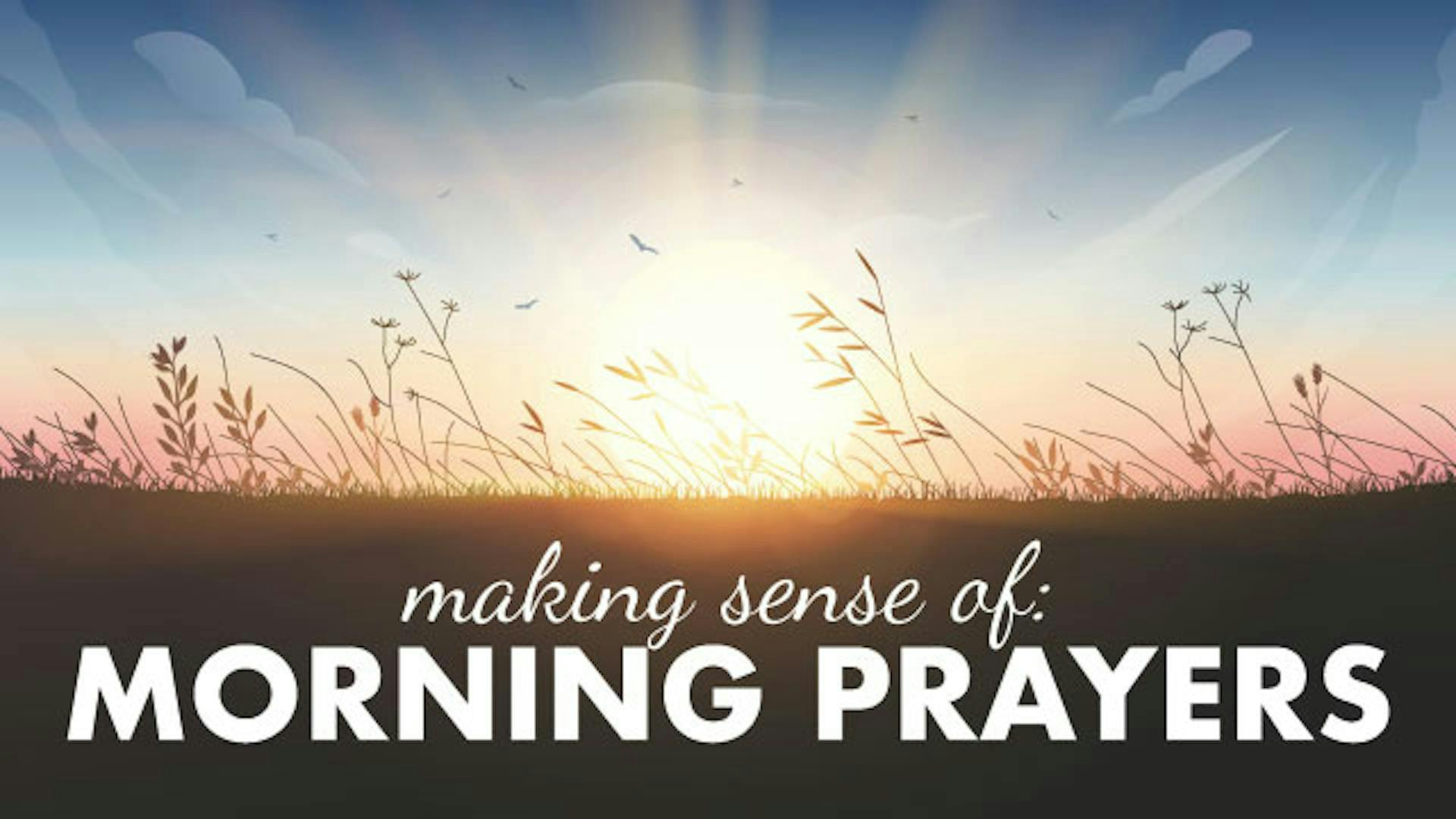
Shacharit: Making Sense of Morning Prayers
Animated Video Series • Part 1 of 6 • 11 min
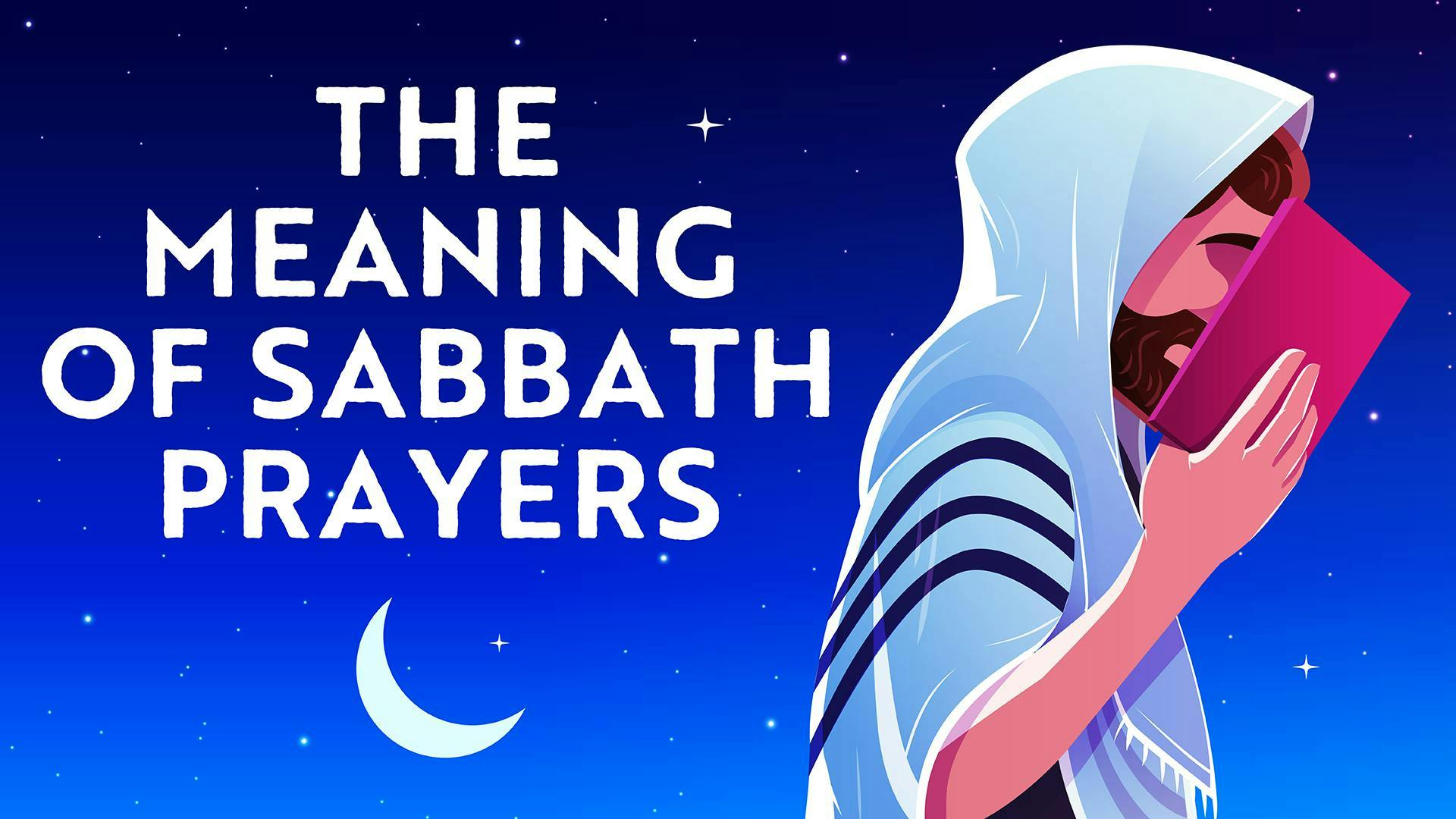
Understanding Shabbat Prayers
Recorded Lecture • Part 1 of 3 • 1 hour, 6 min
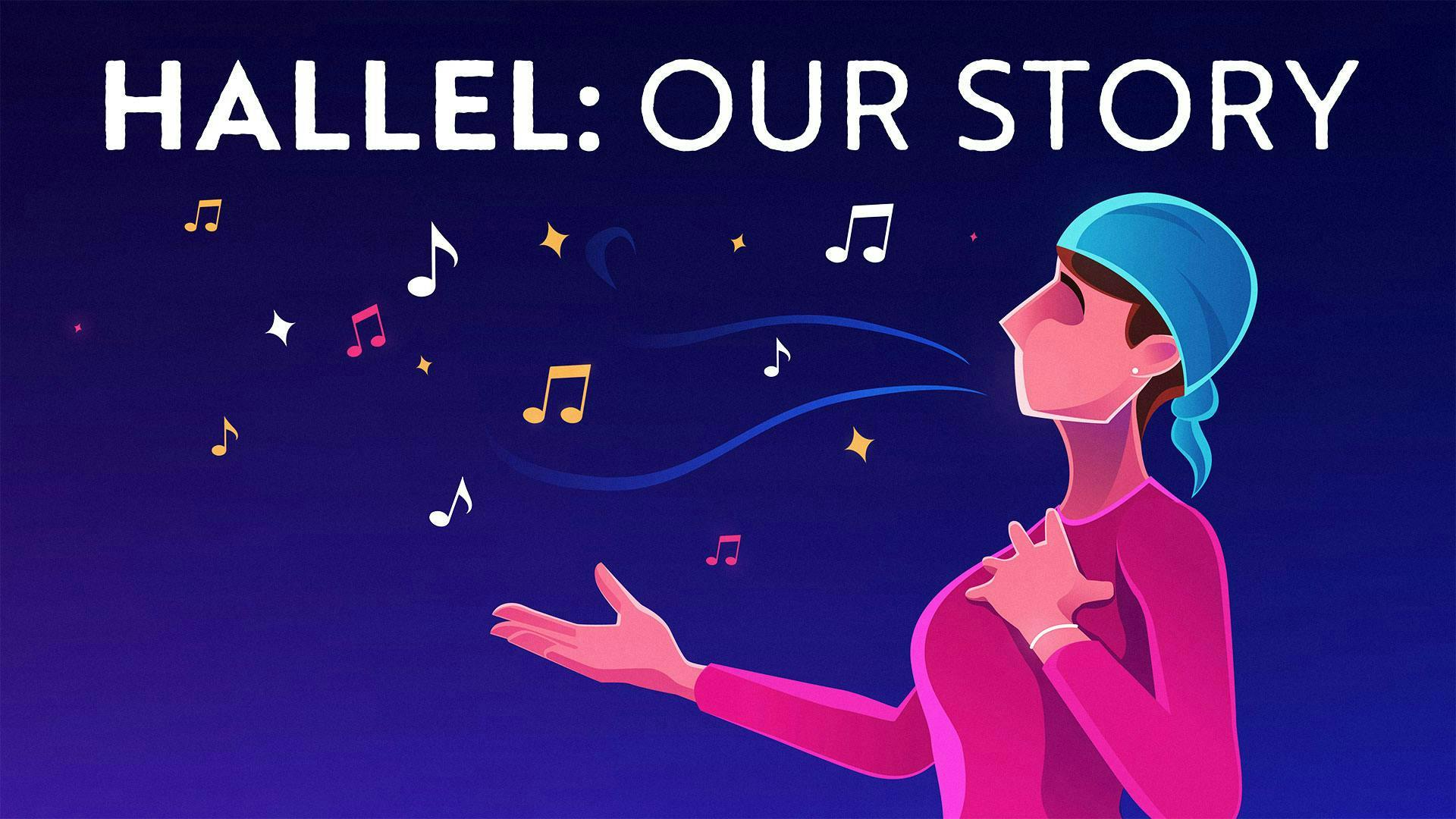
The Meaning of Hallel
Recorded Lecture • Part 1 of 7 • 56 min
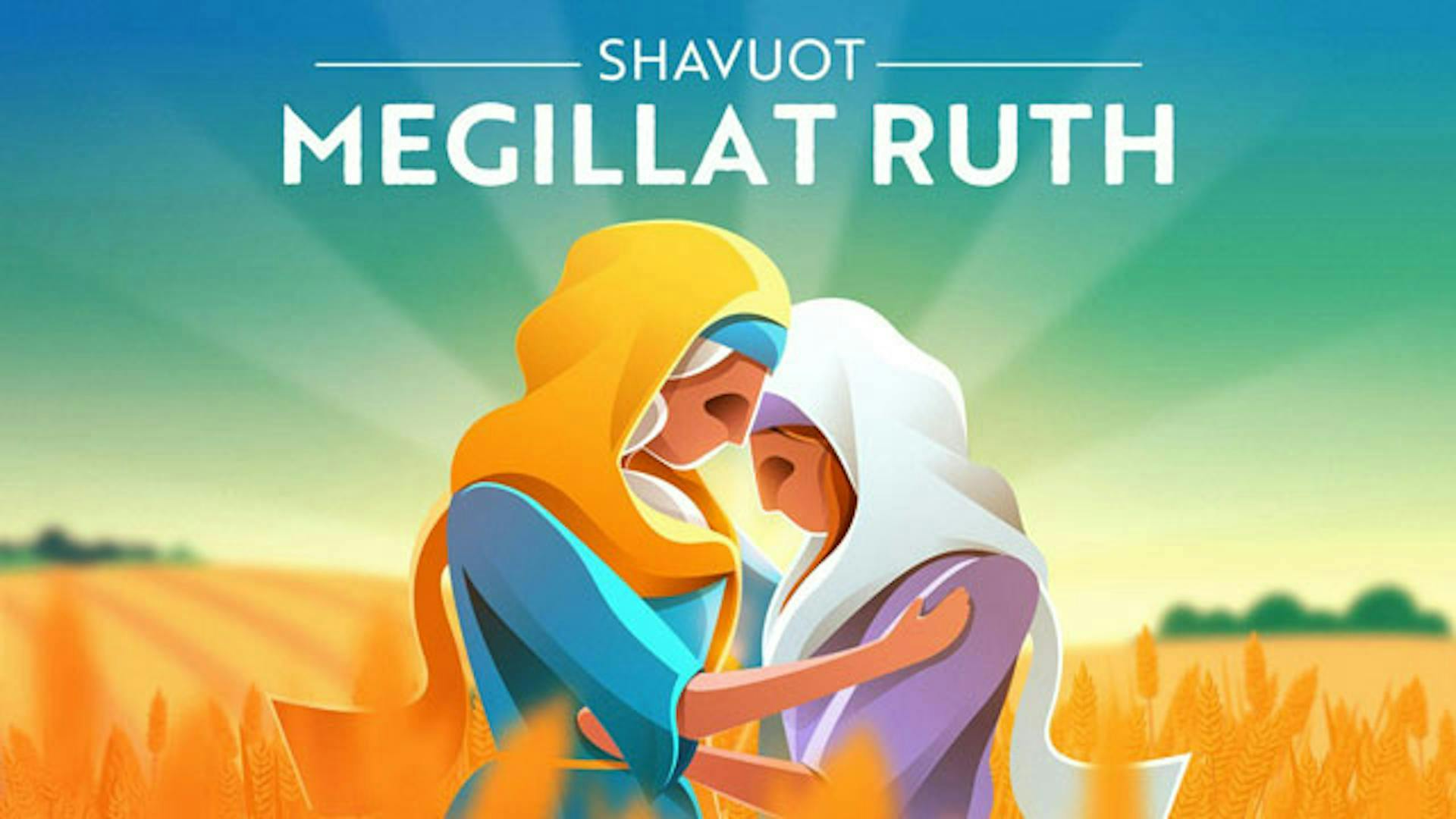
The Meaning of the Book of Ruth: Yibum, Redemption, and the Power of Kindness
Animated Video Series • Part 1 of 5 • 11 min
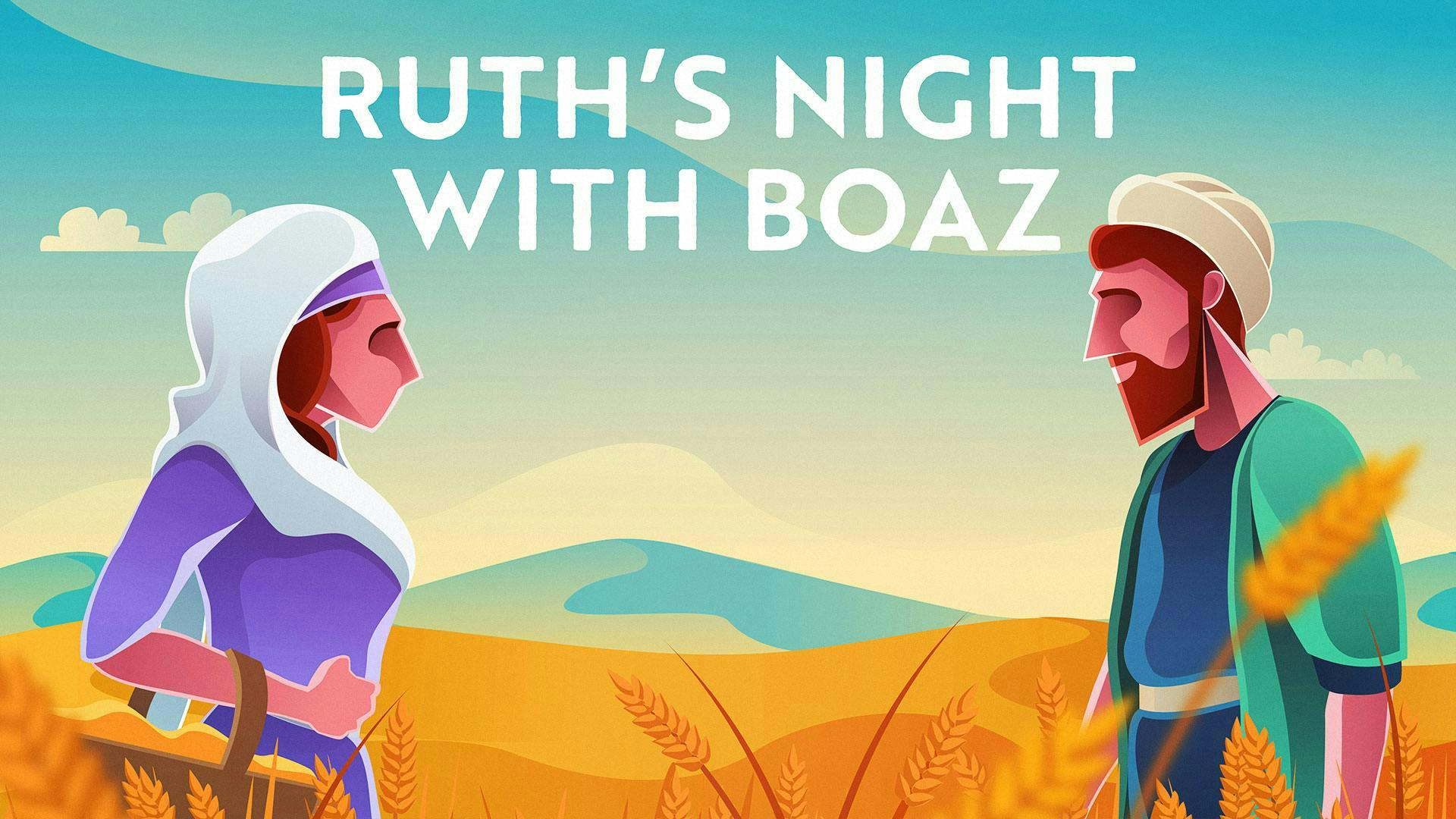
Did Ruth Seduce Boaz? A New Definition of Yibum and Kindness in the Book of Ruth
Animated Video Series • Part 1 of 4 • 11 min
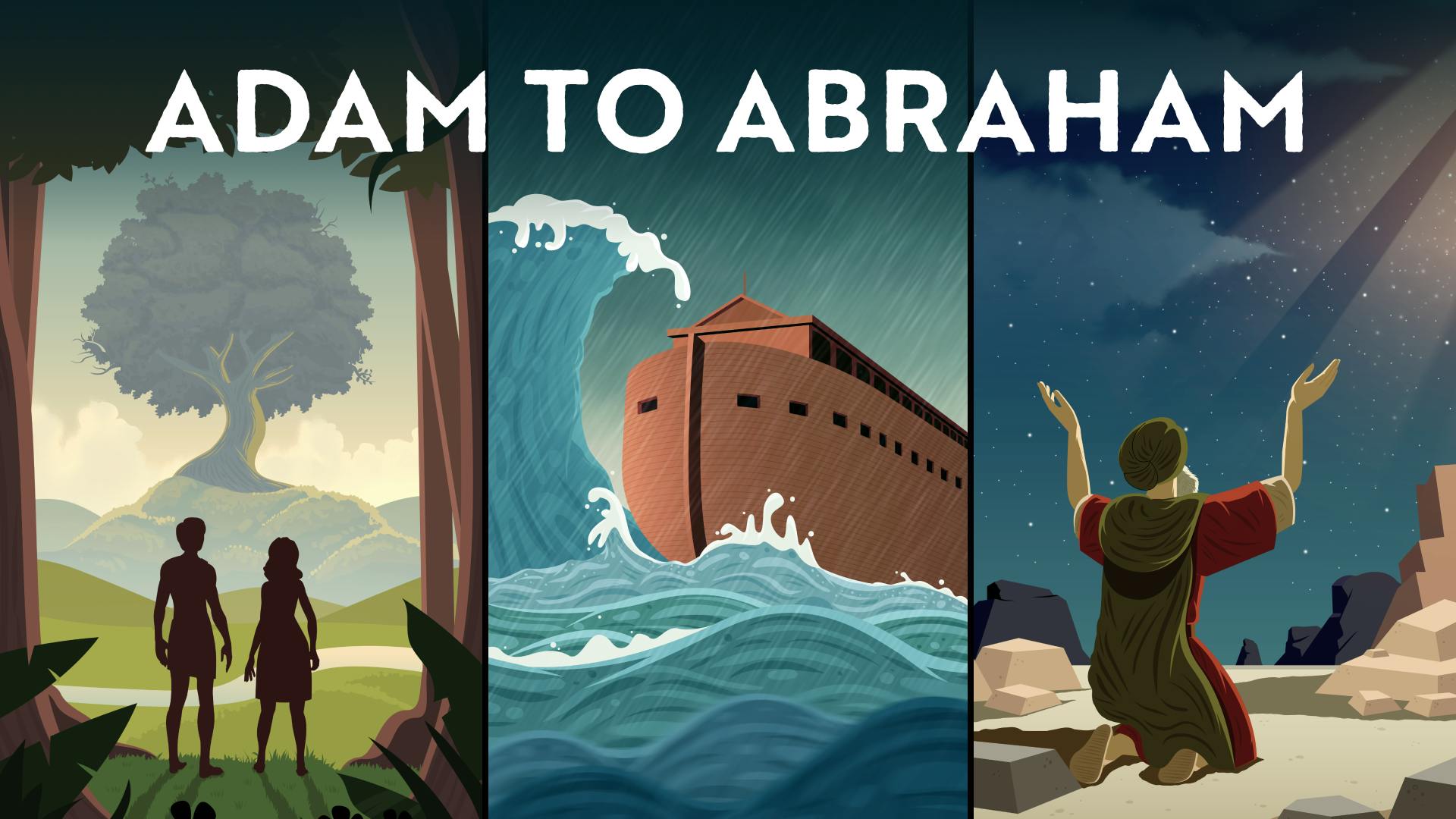
Yibum and Abraham’s Hidden Act of Heroism
Deep Dive Course • Part 1 of 11 • 57 min
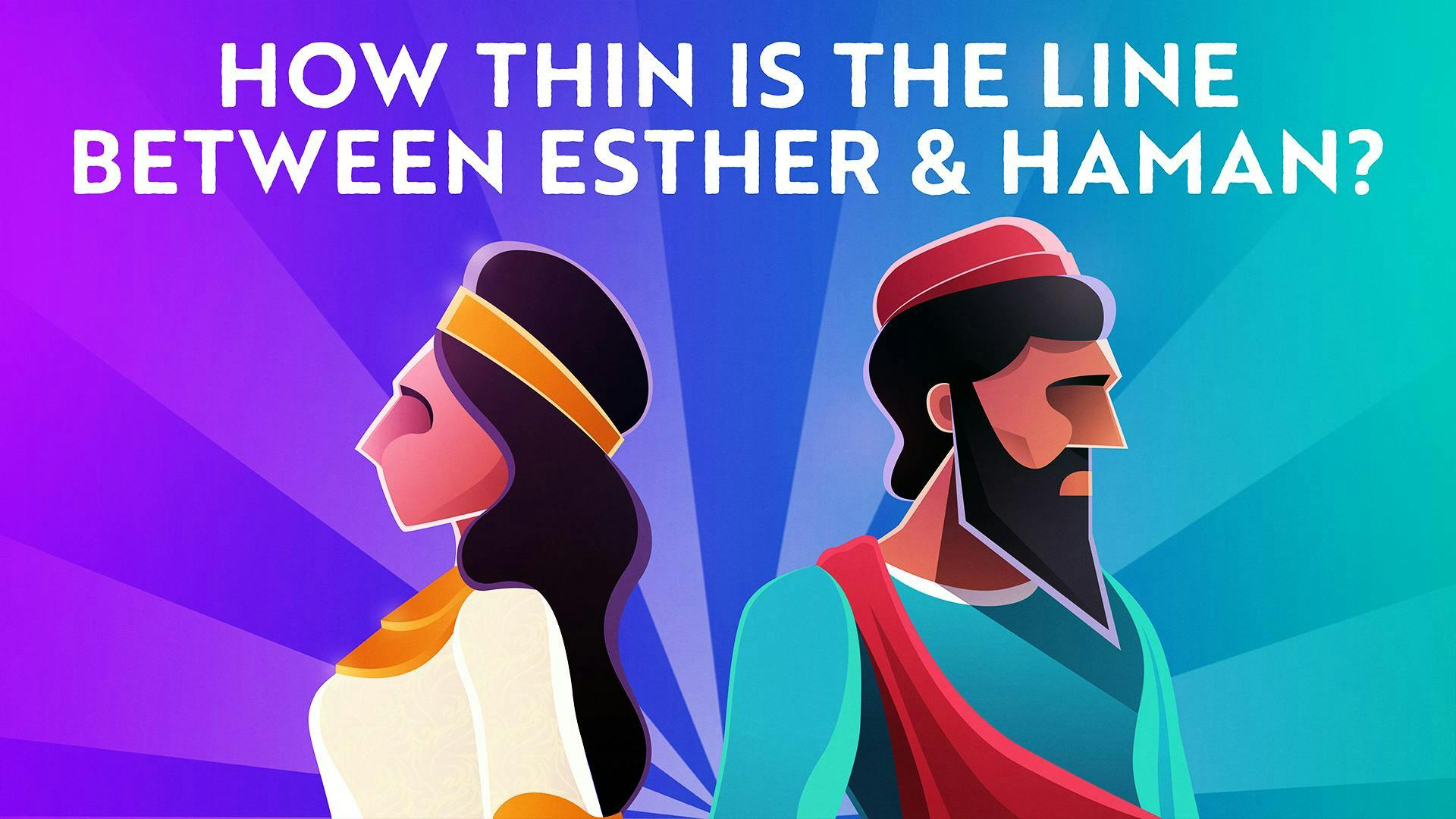
Yibum and Chalitza: The Thin Line Between Esther and Haman
Animated Video Series • Part 1 of 2 • 1 hour, 5 min
